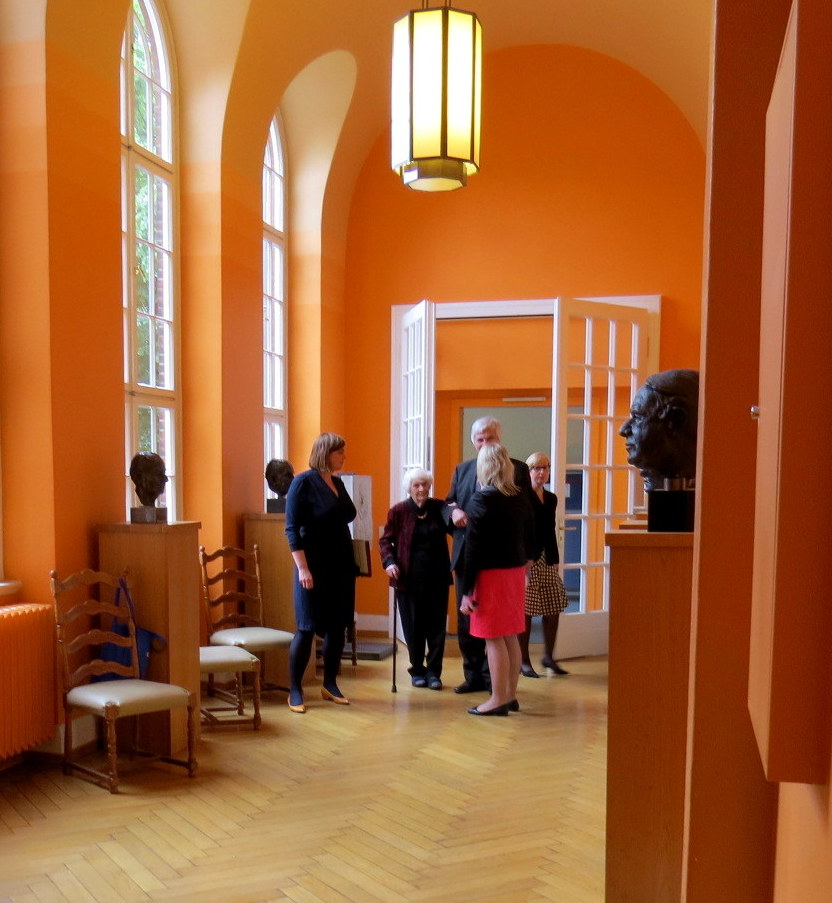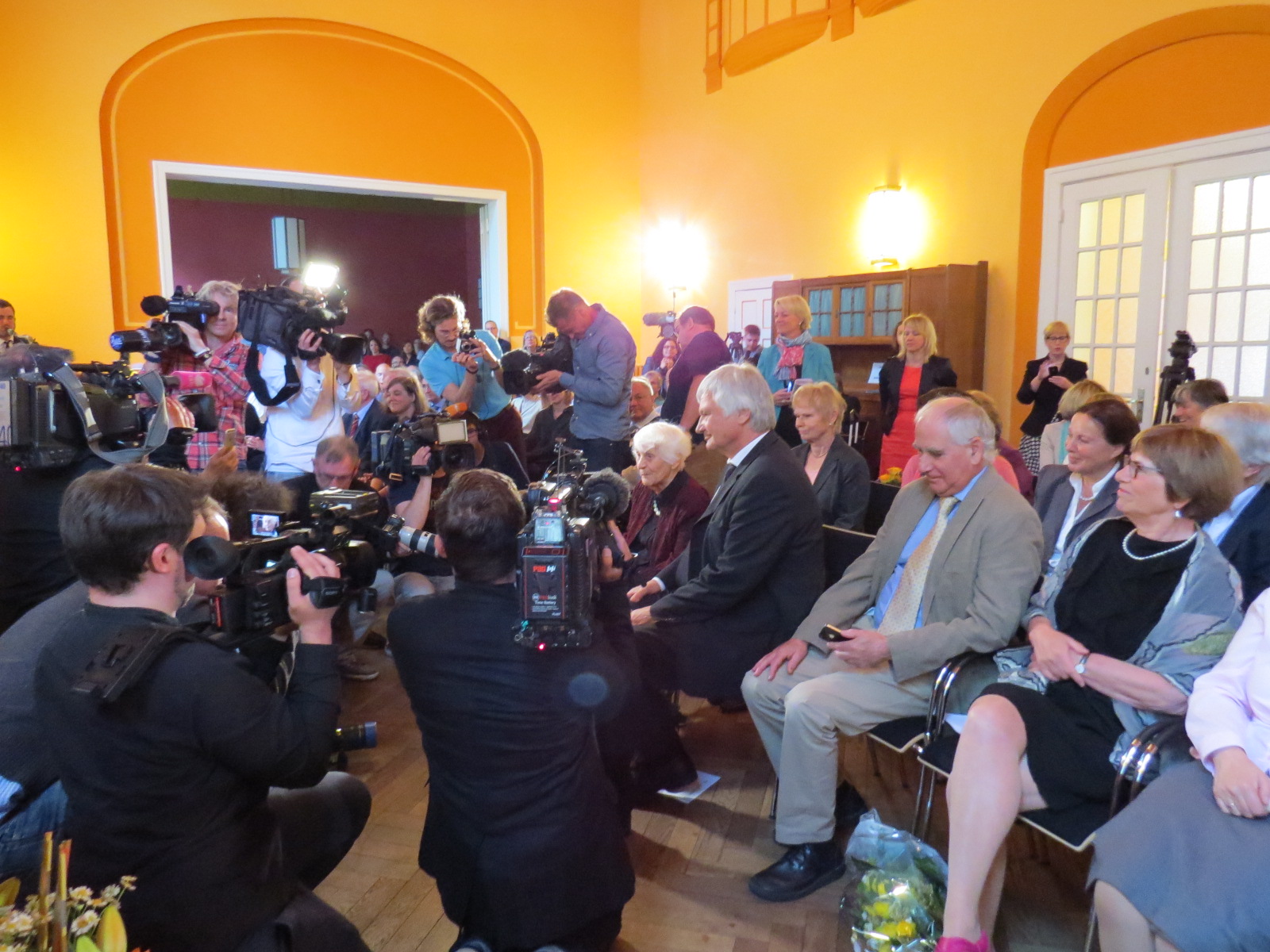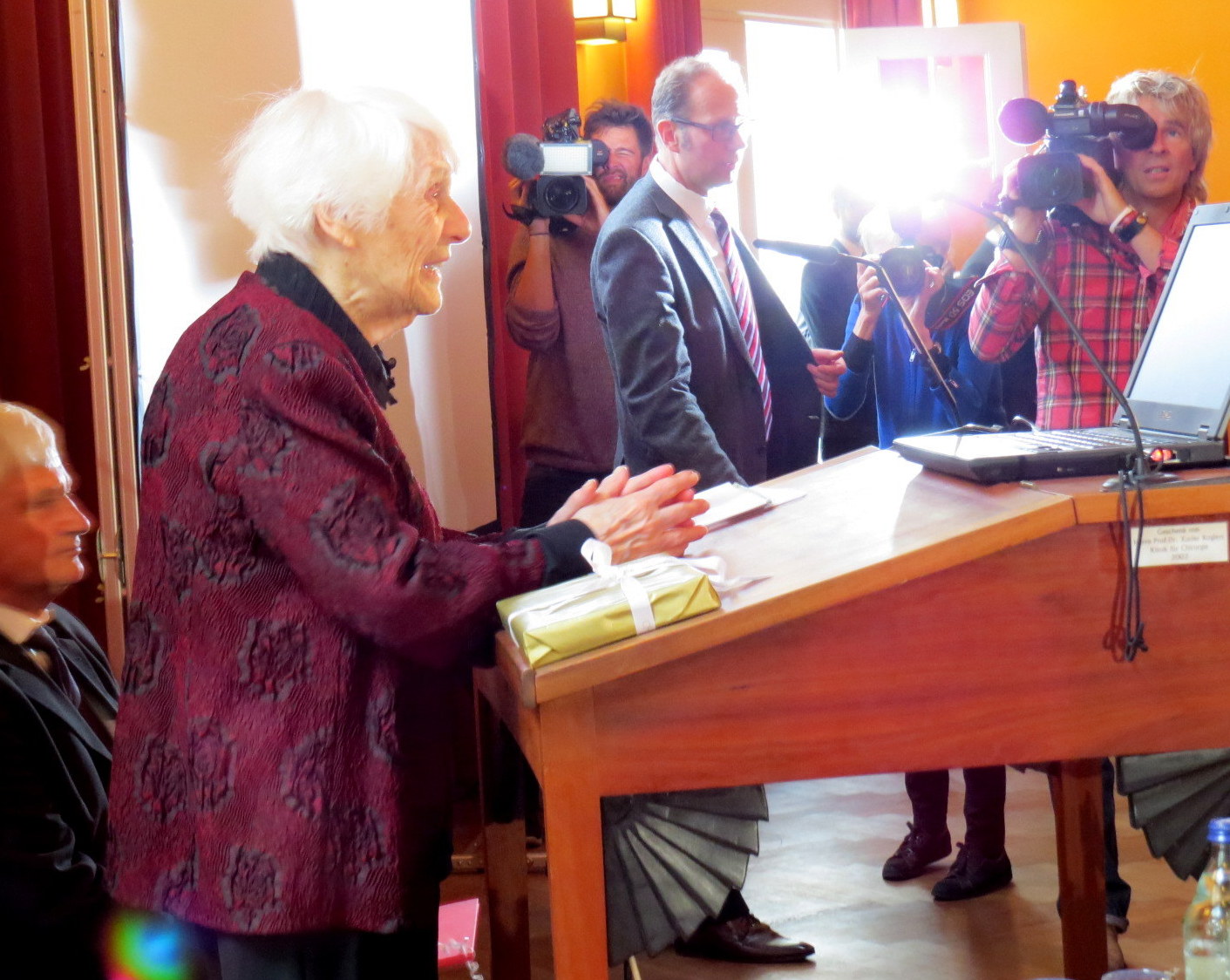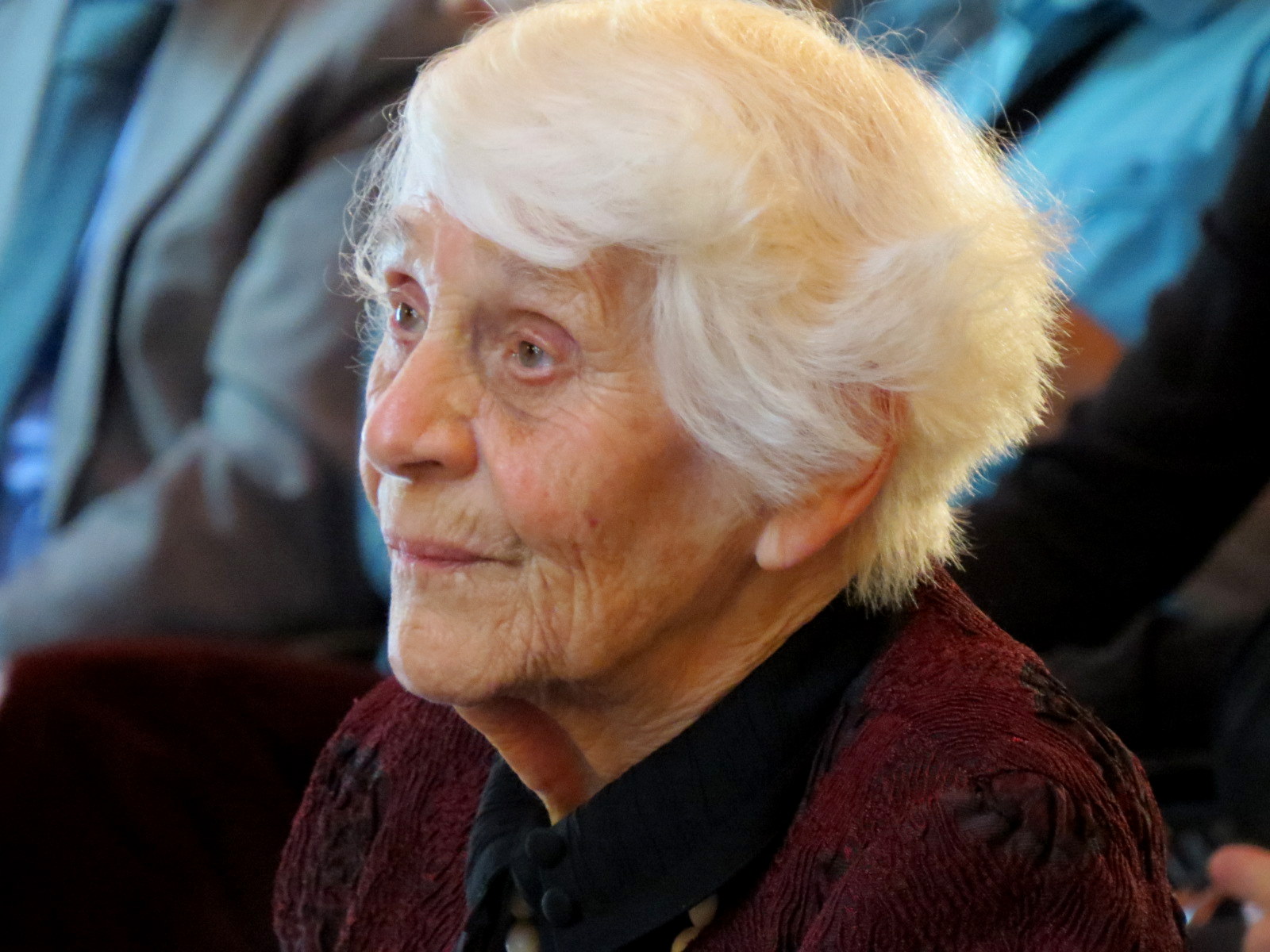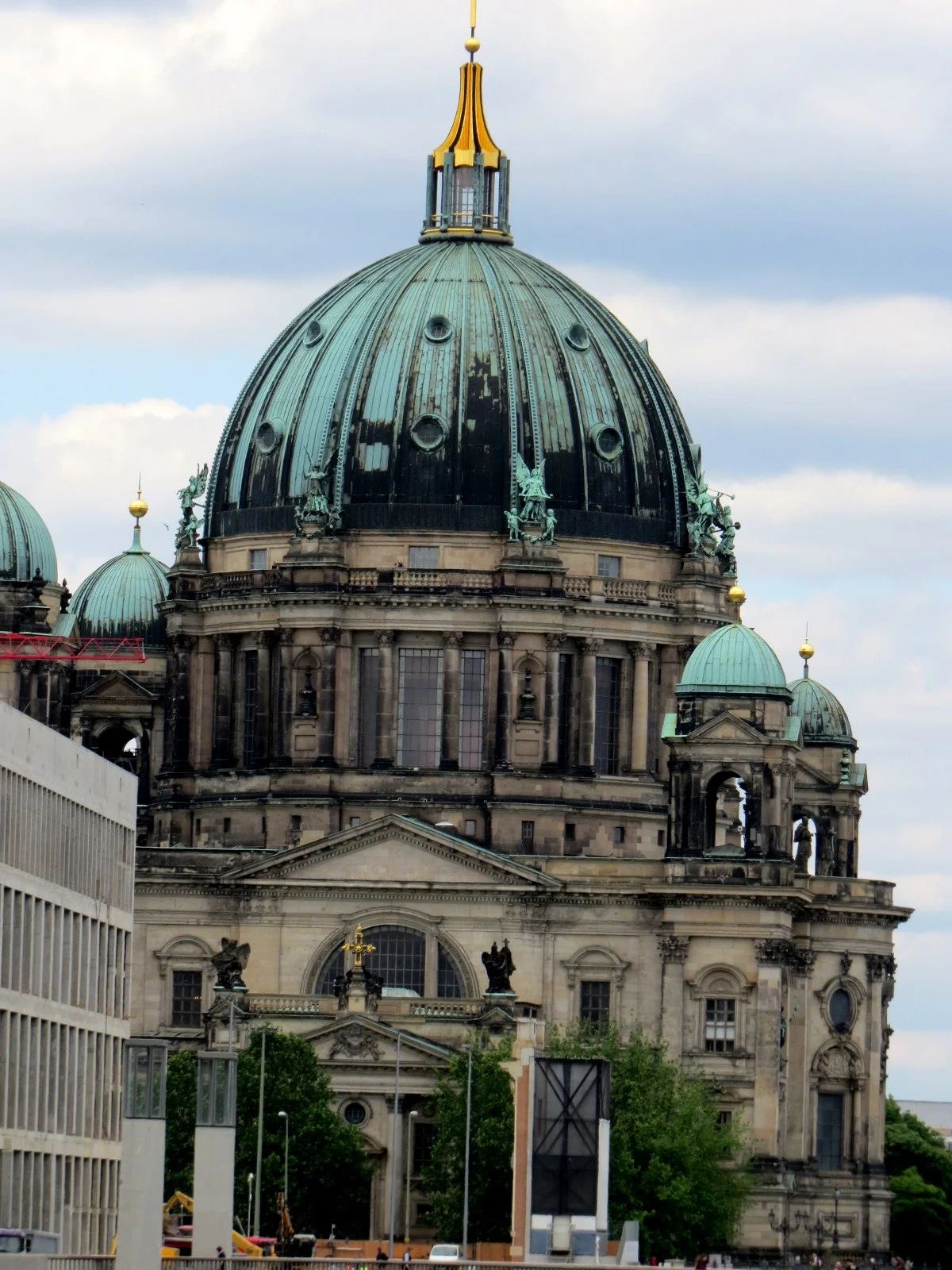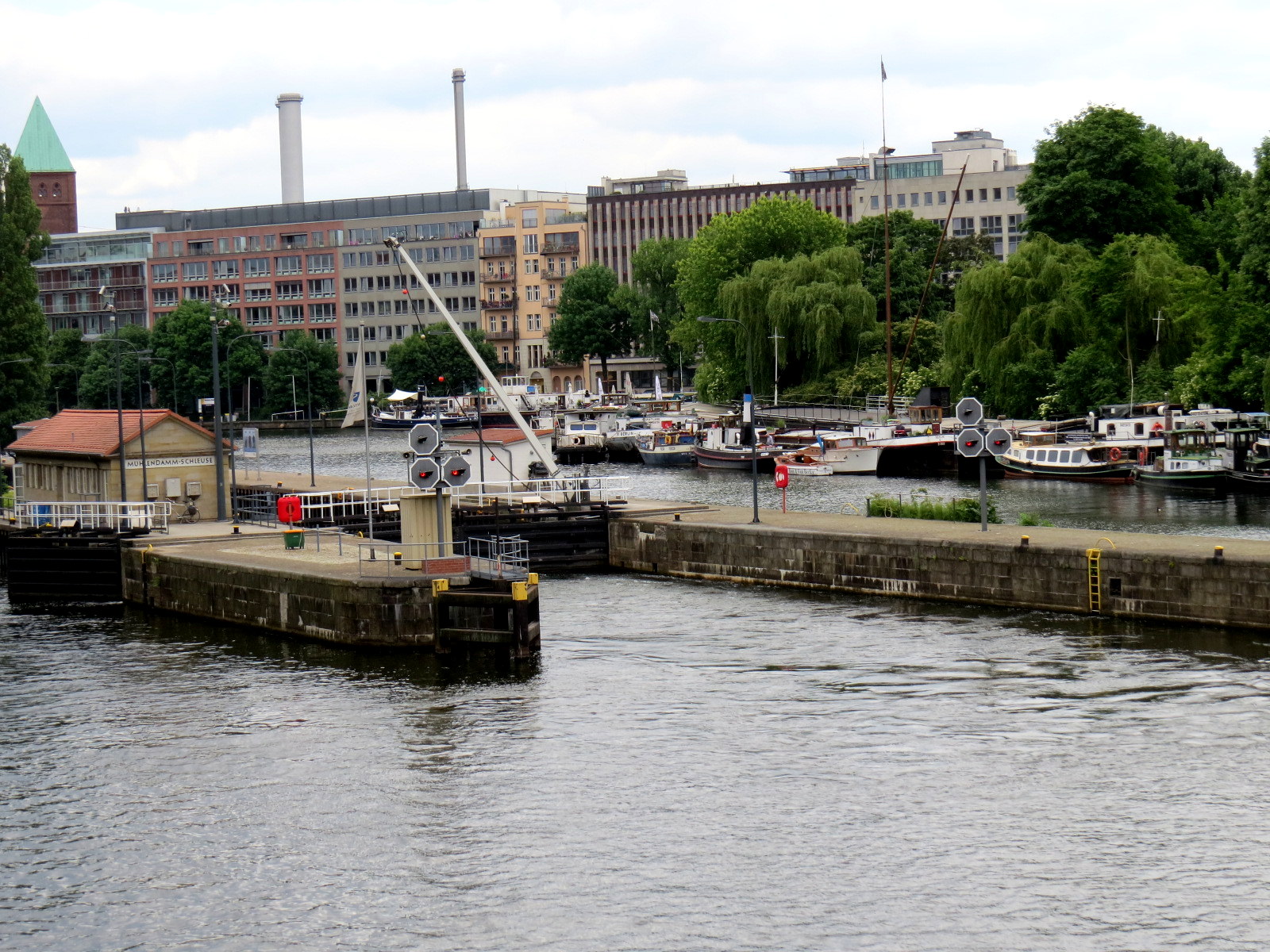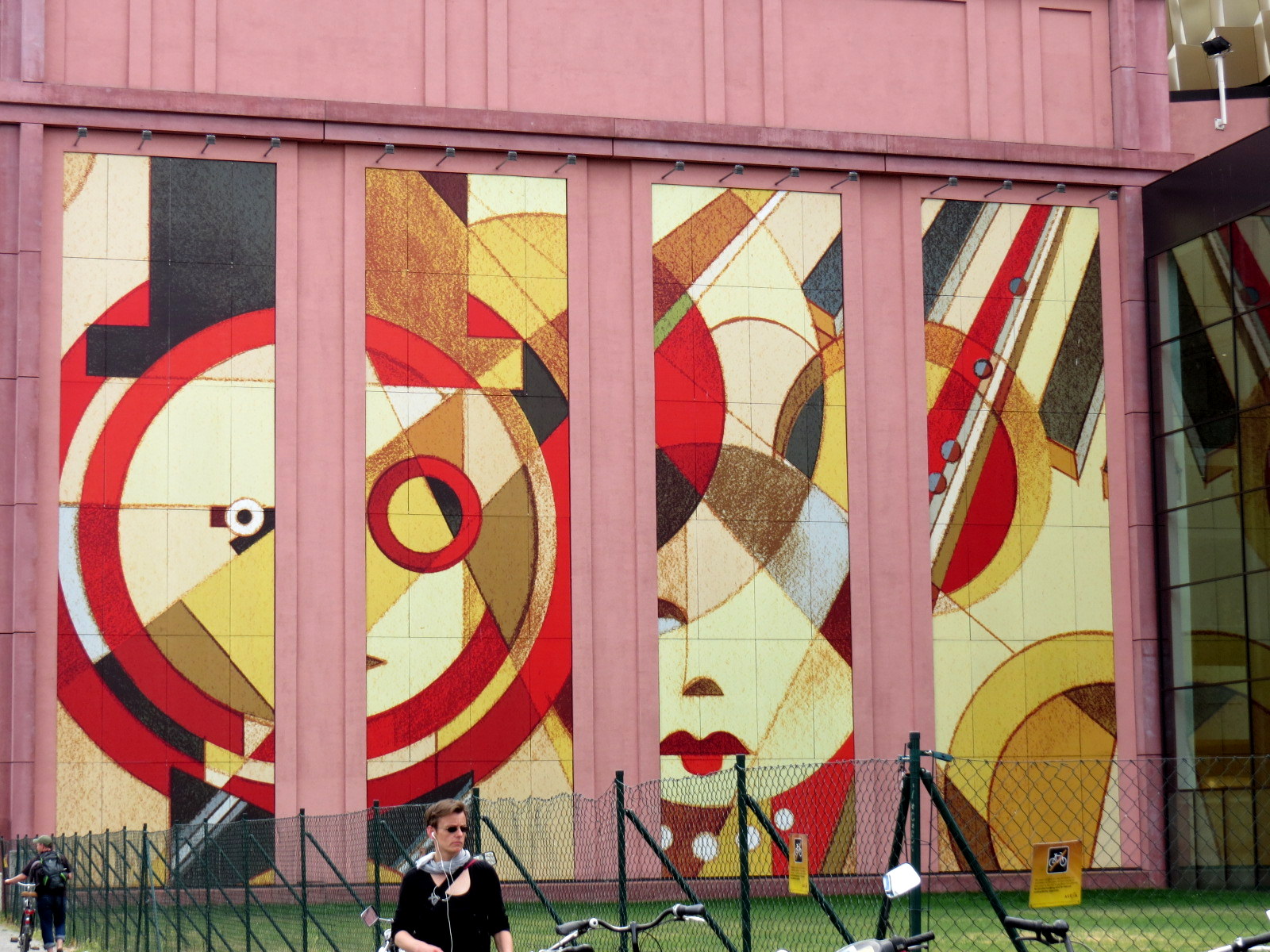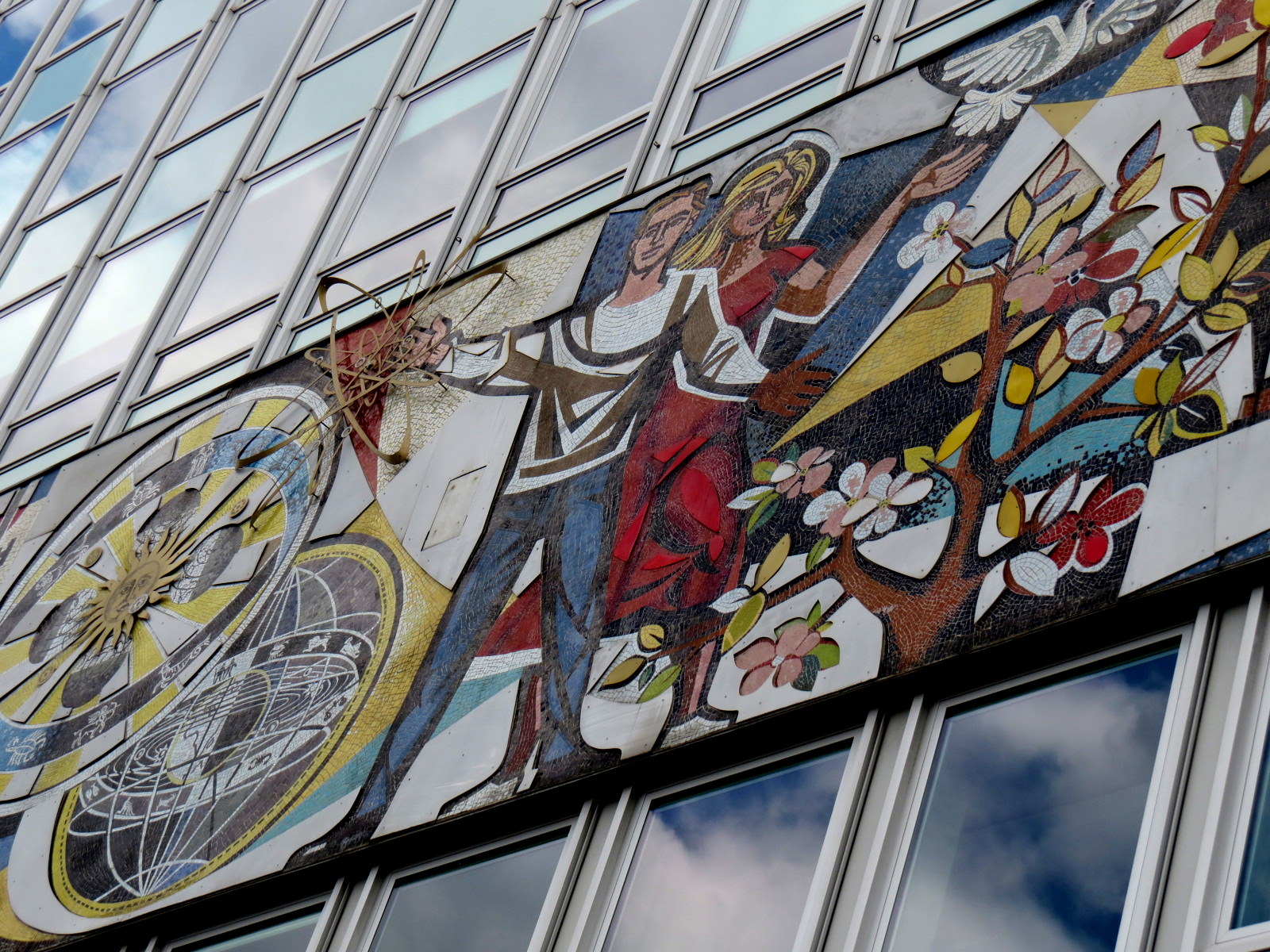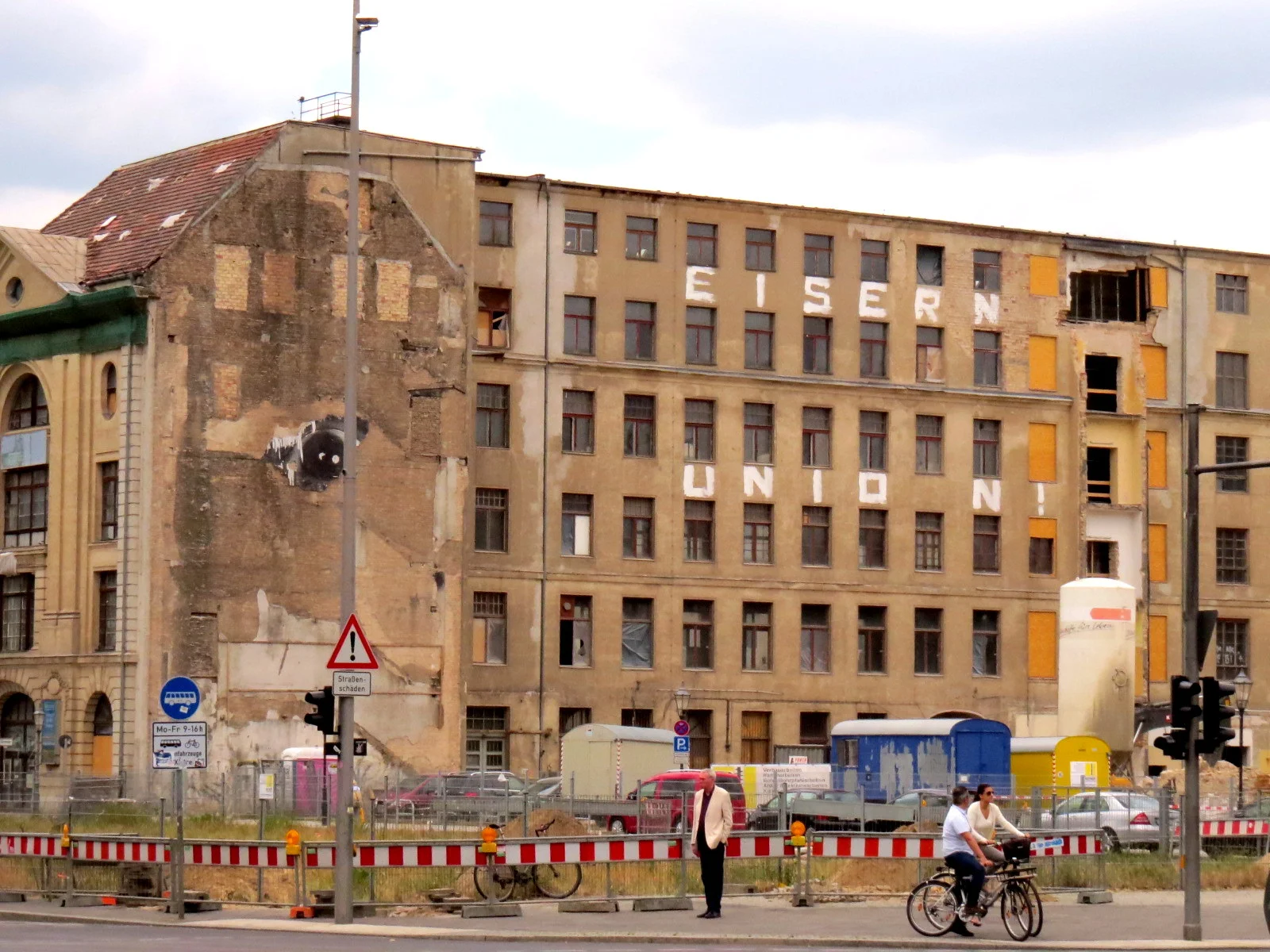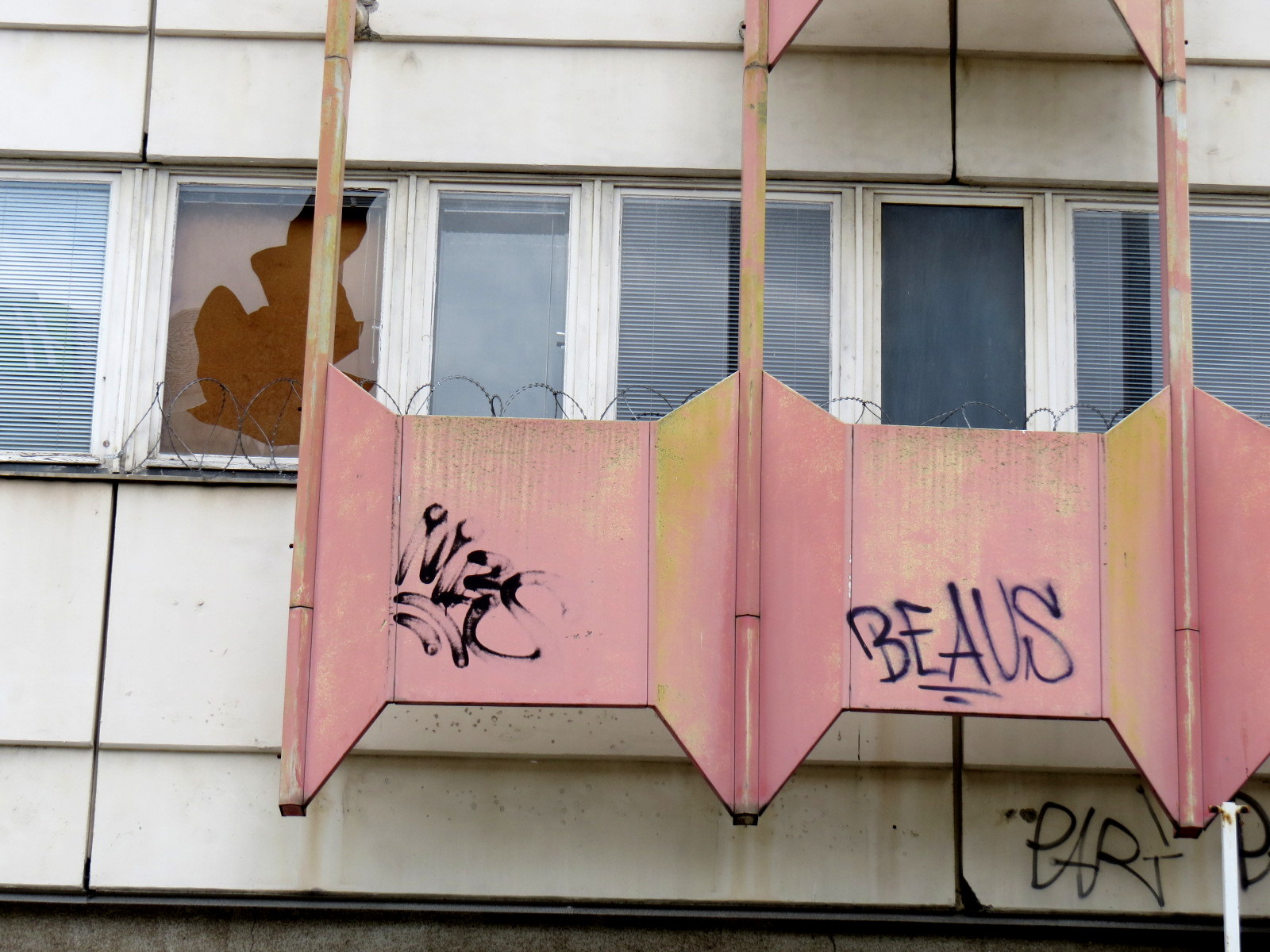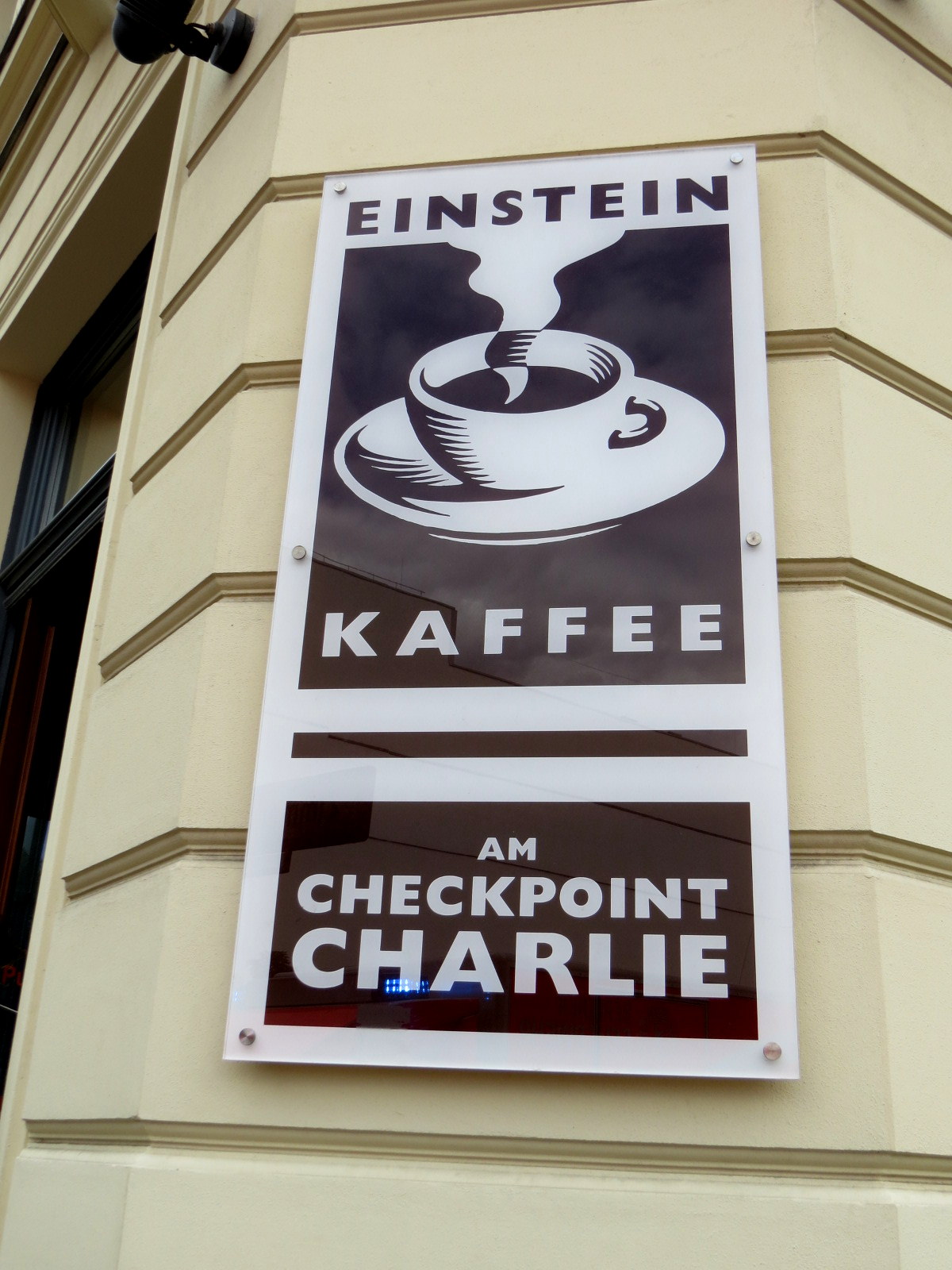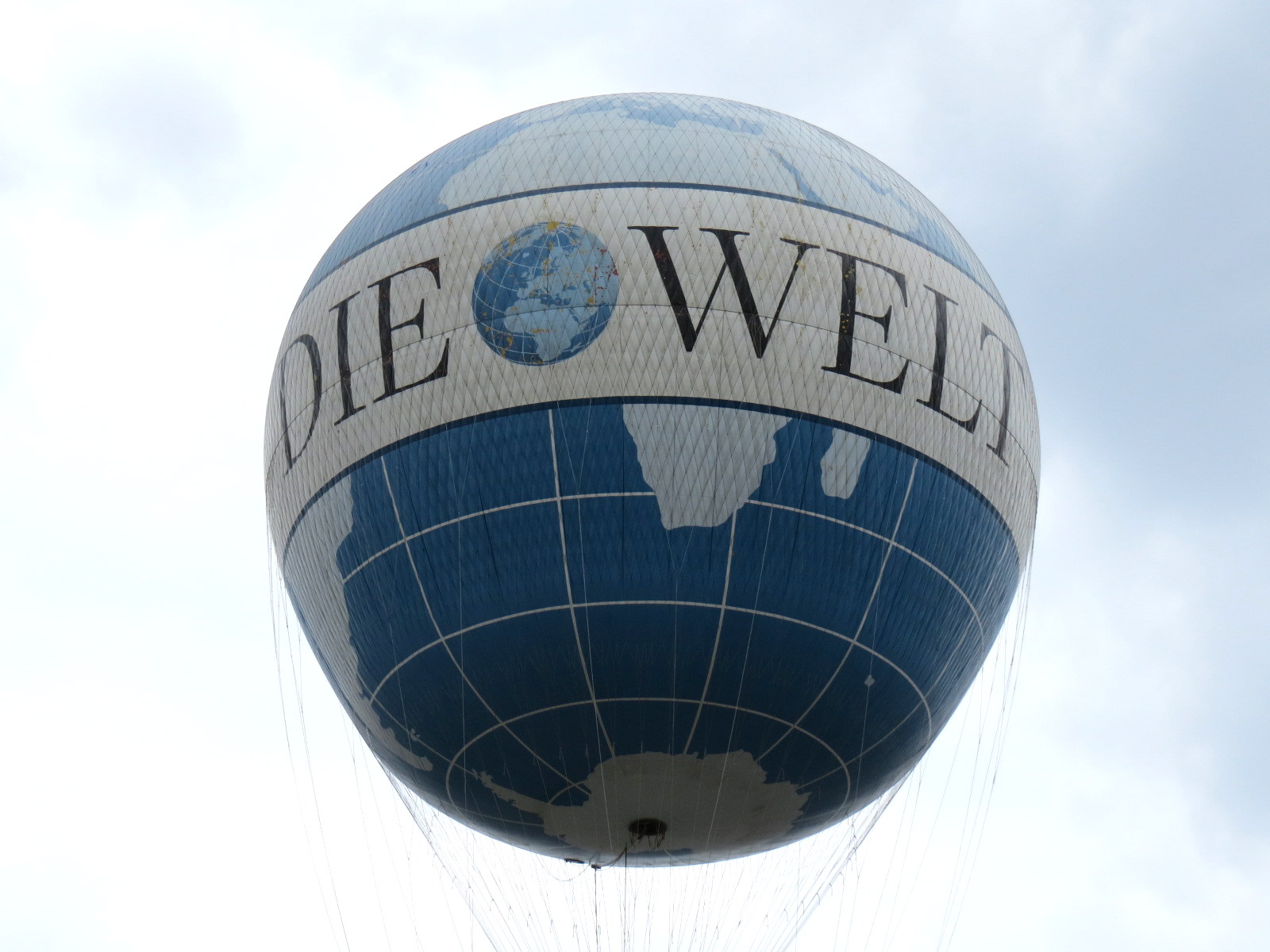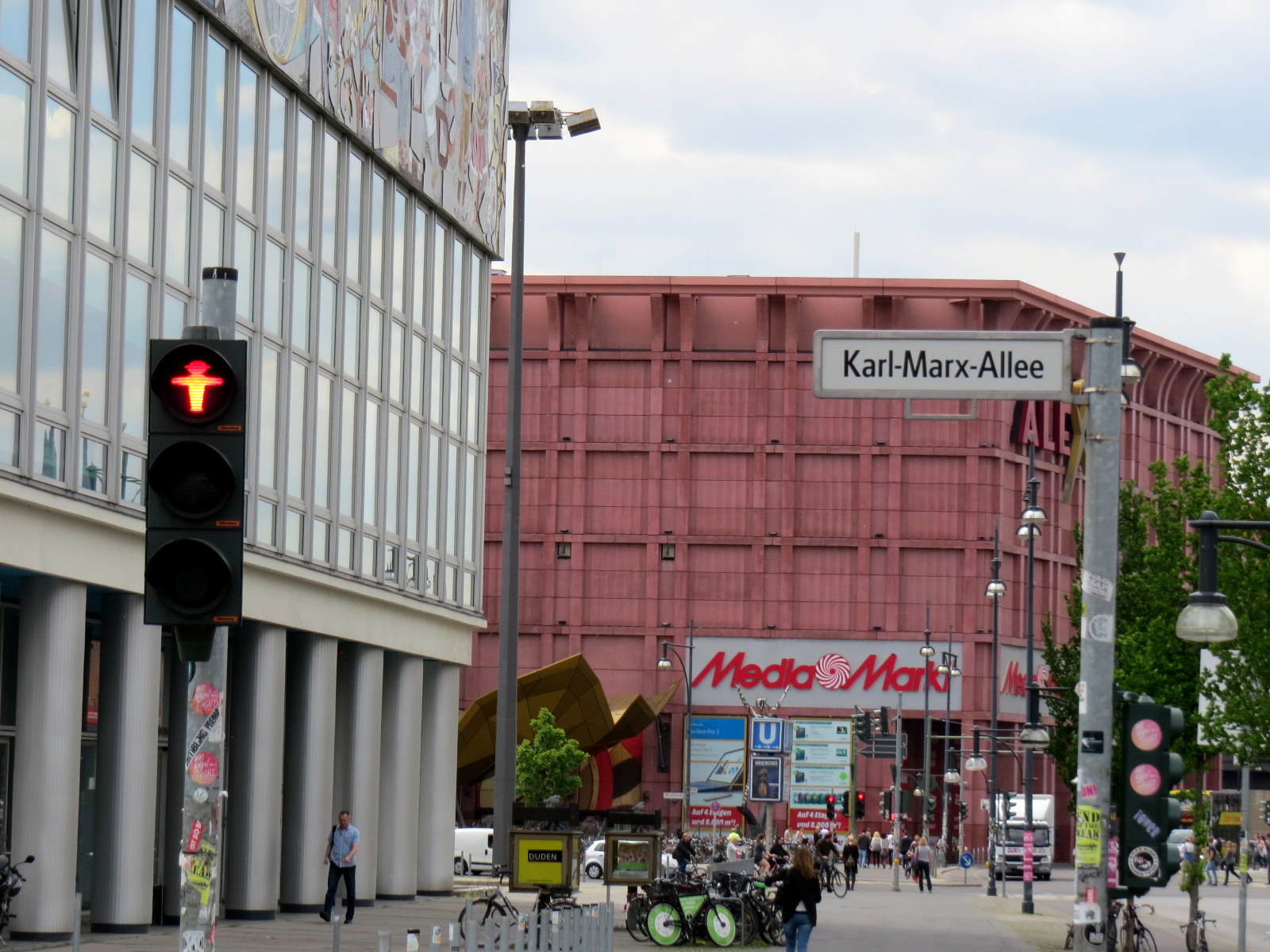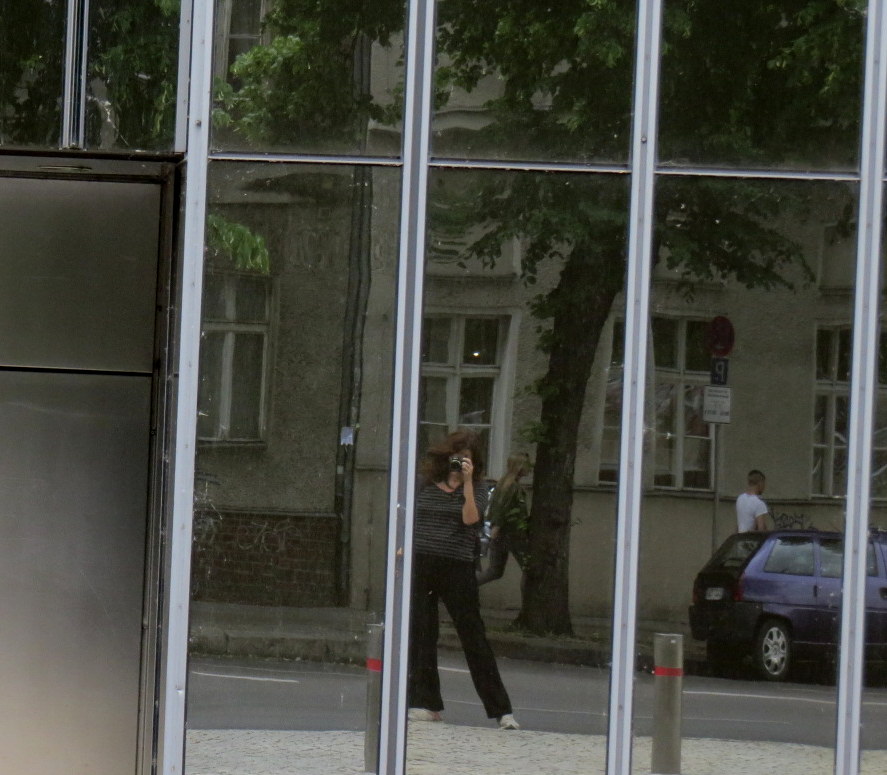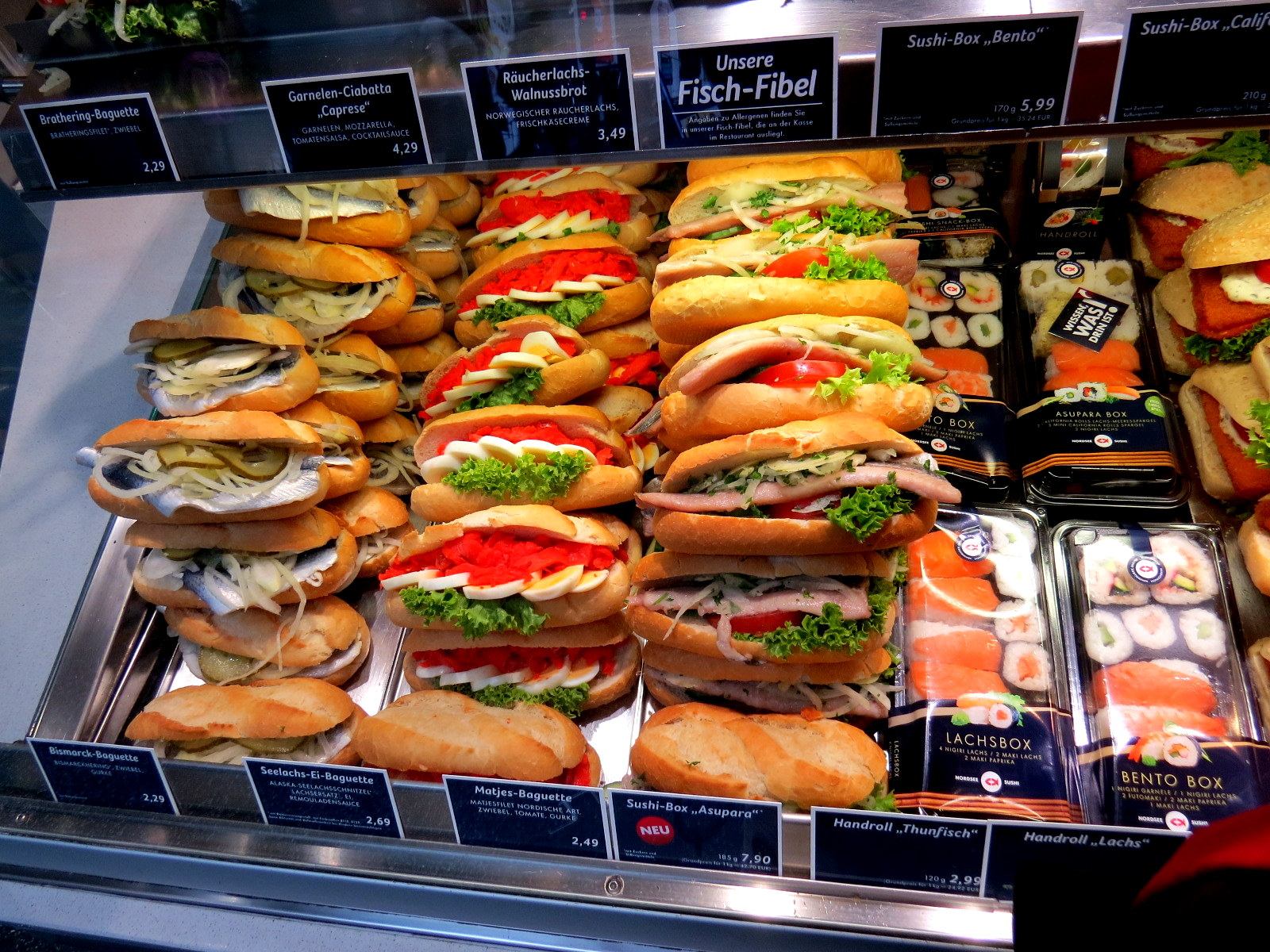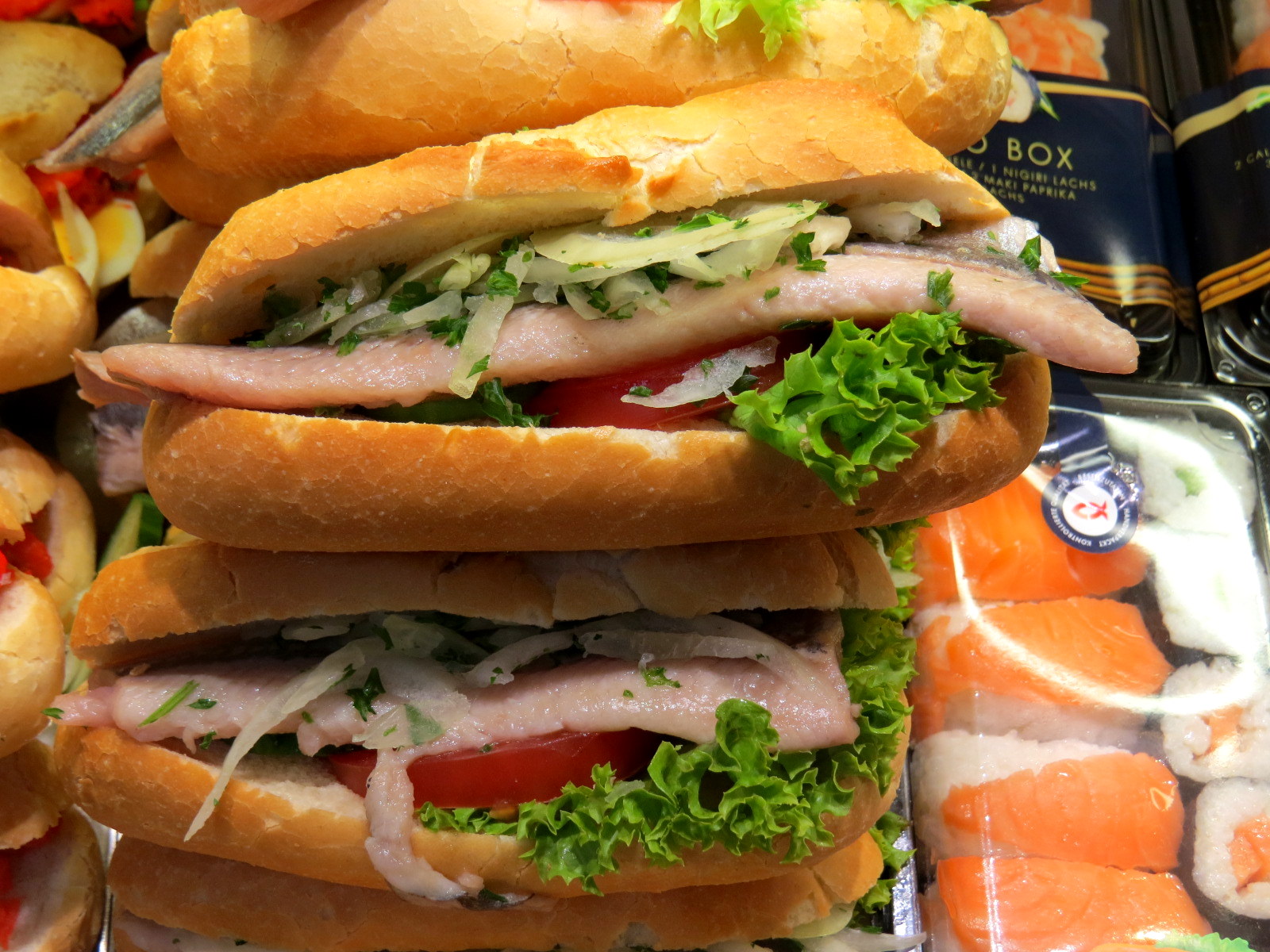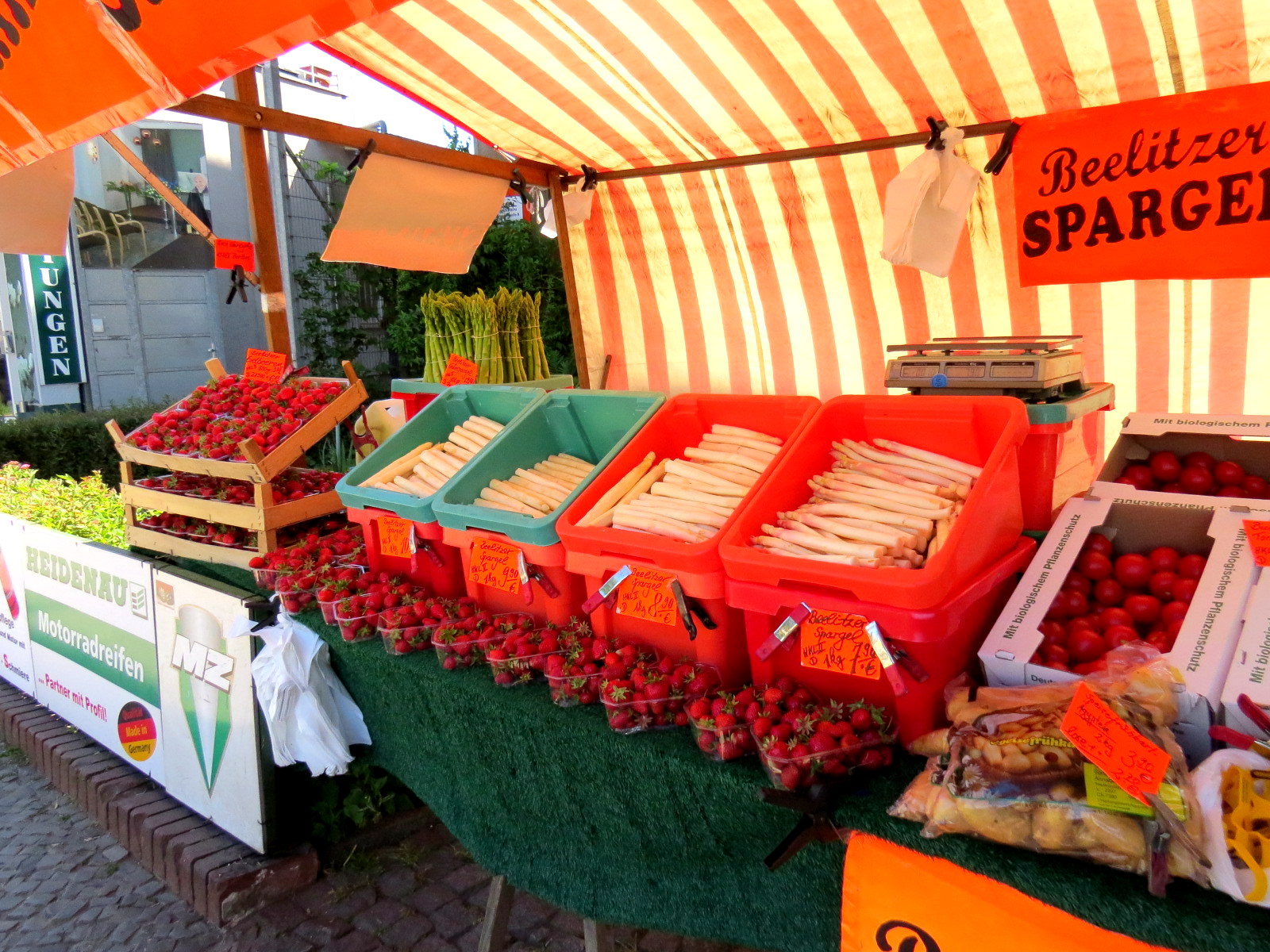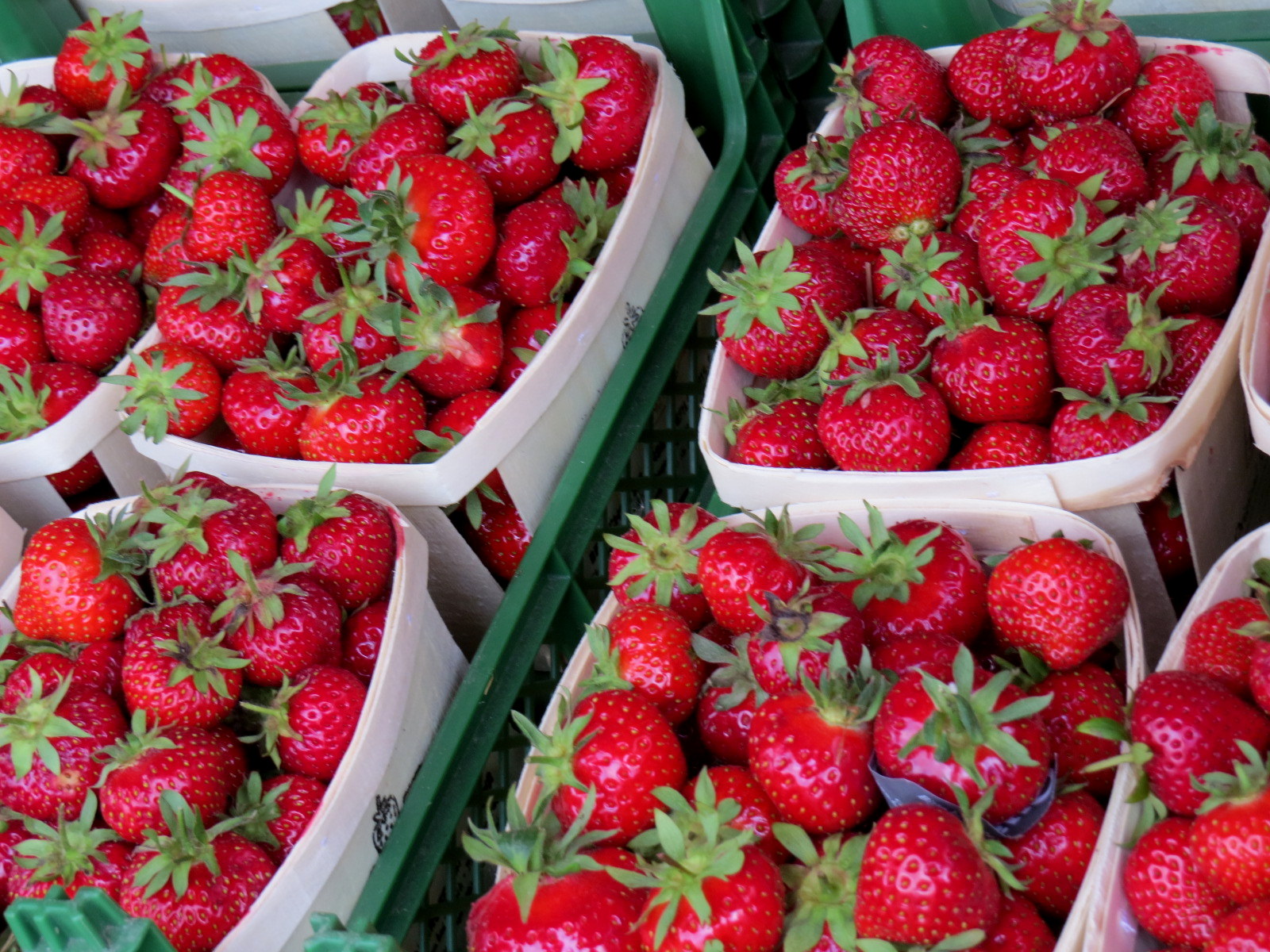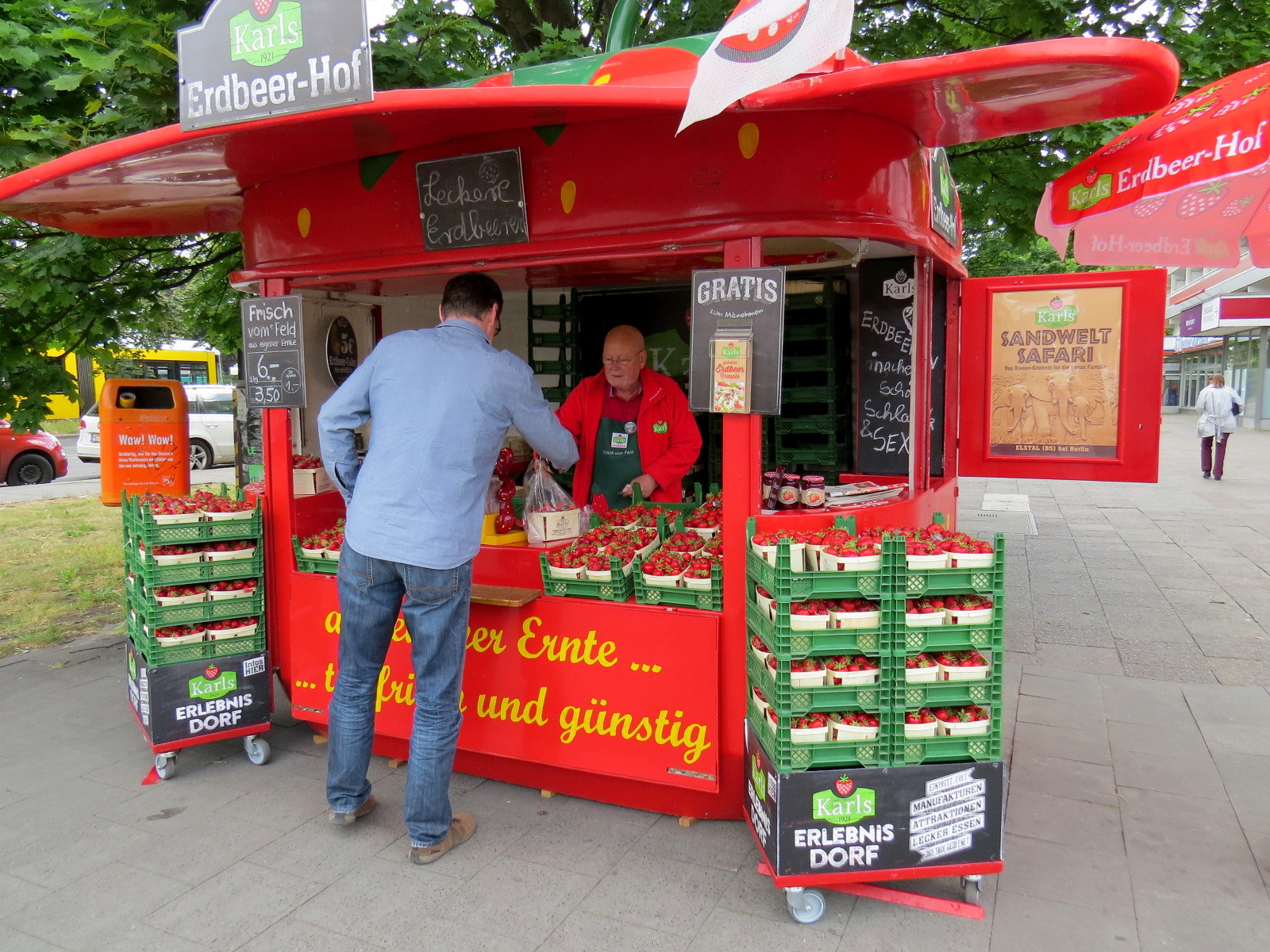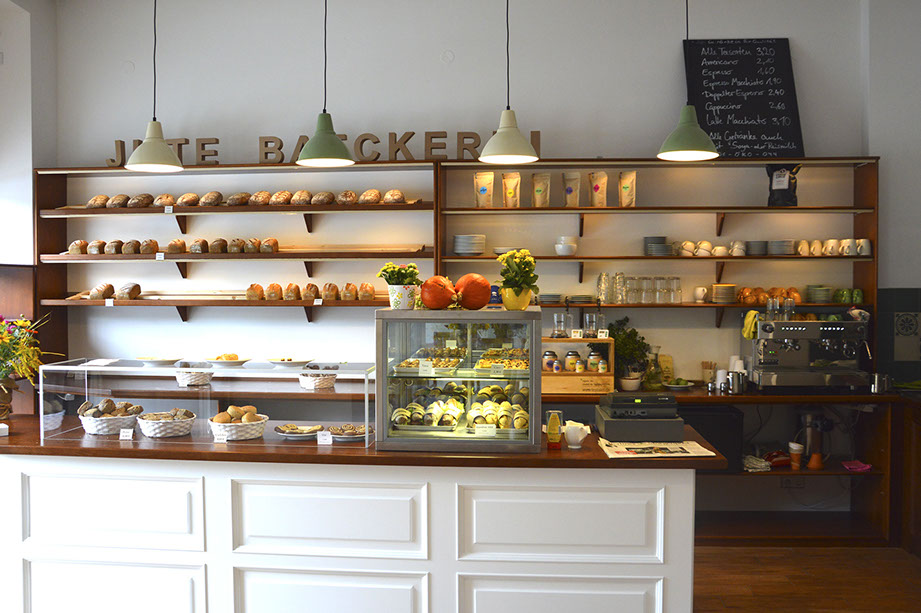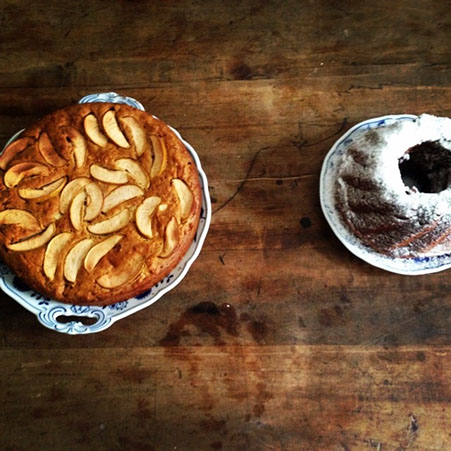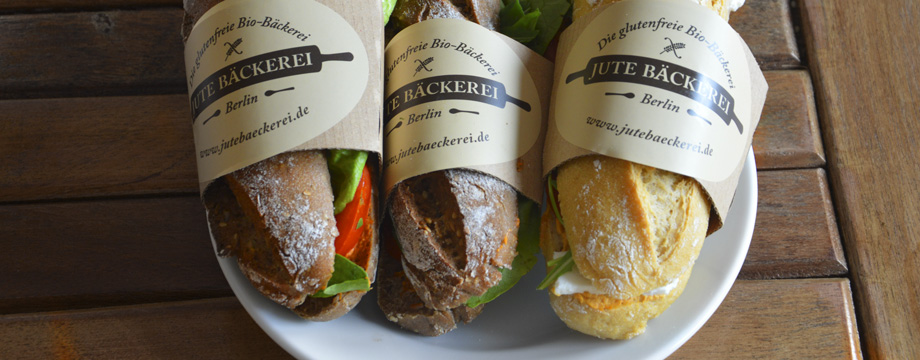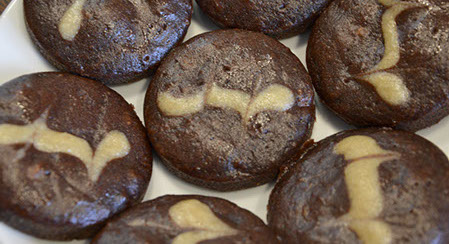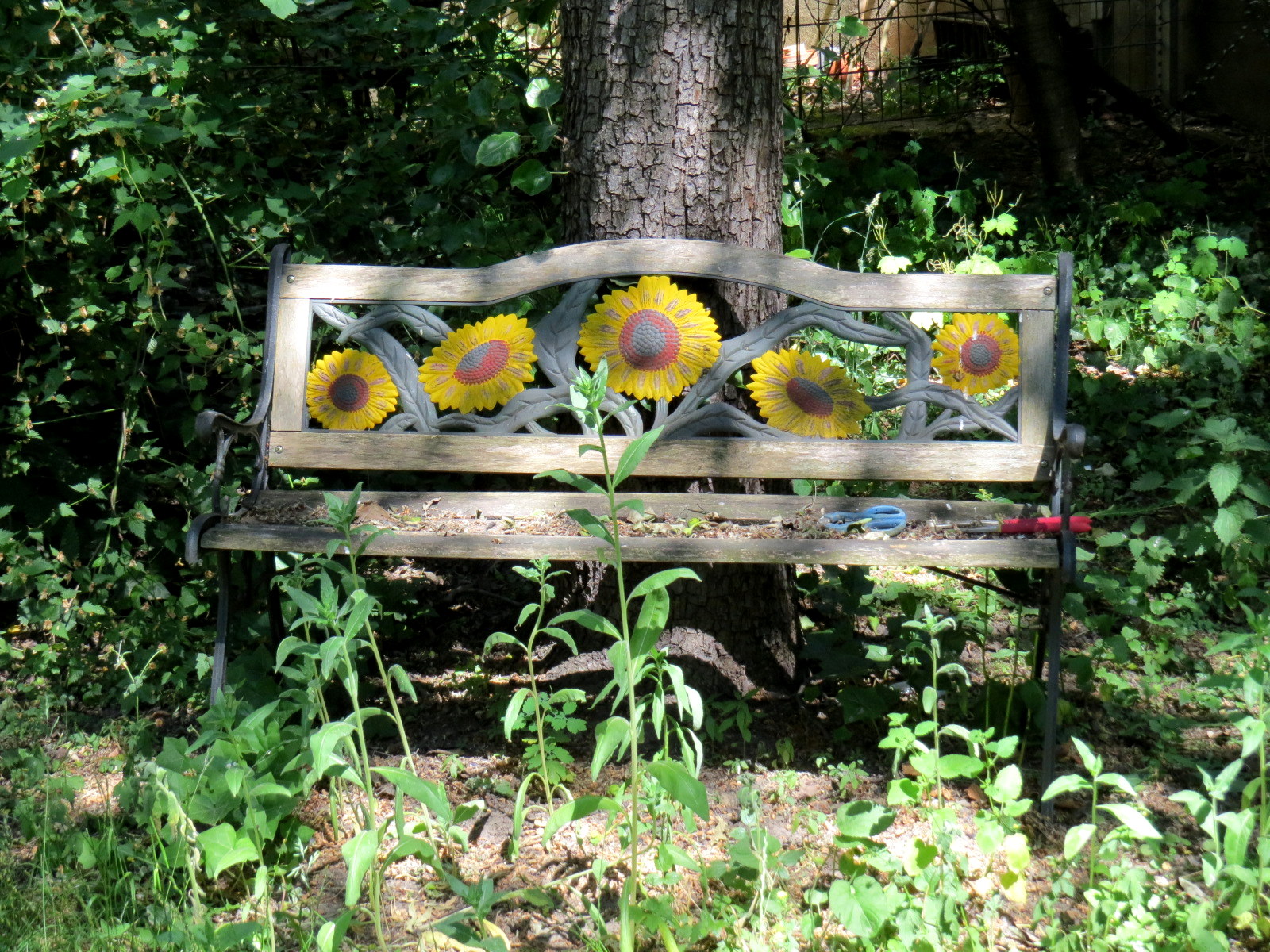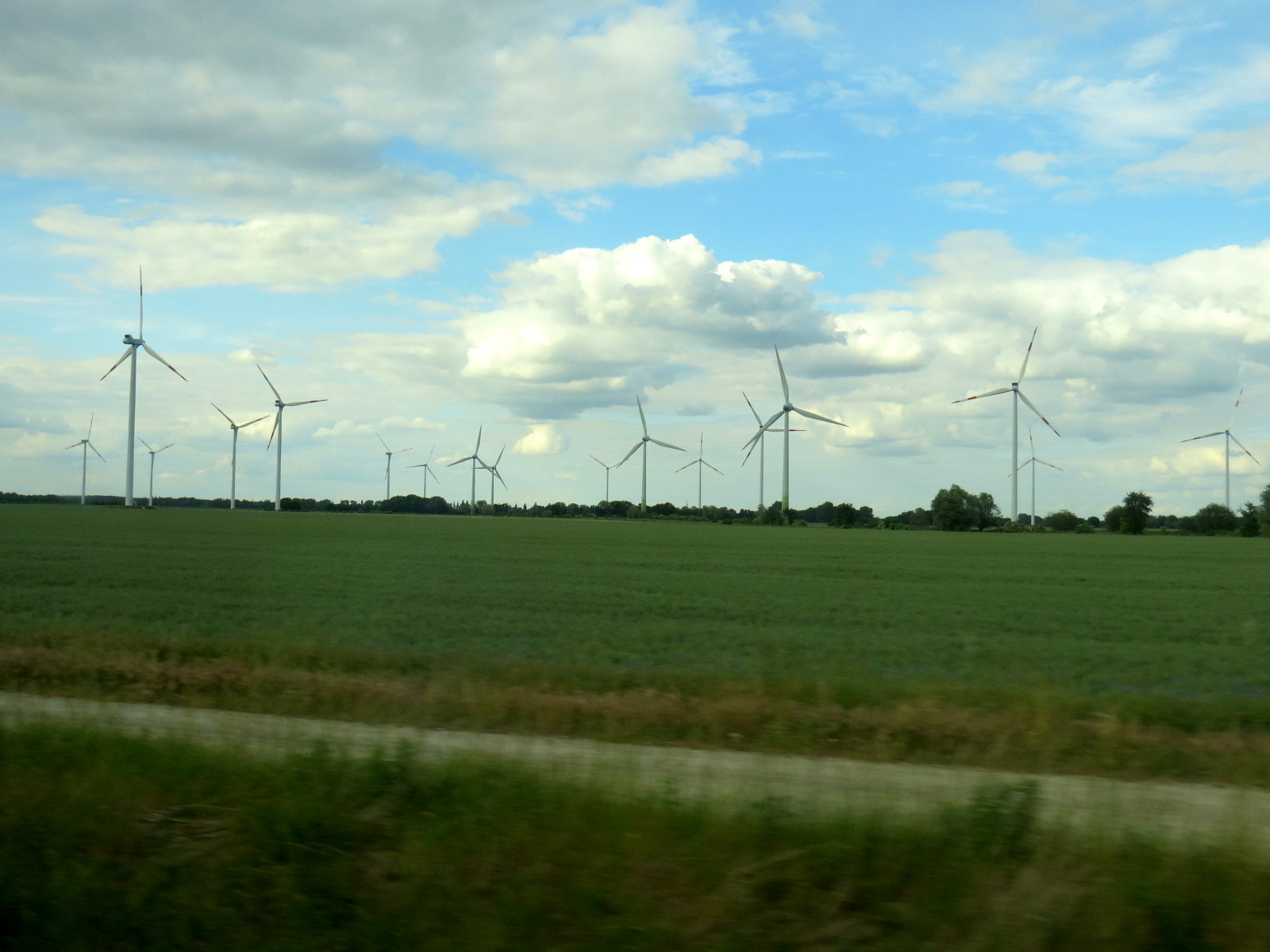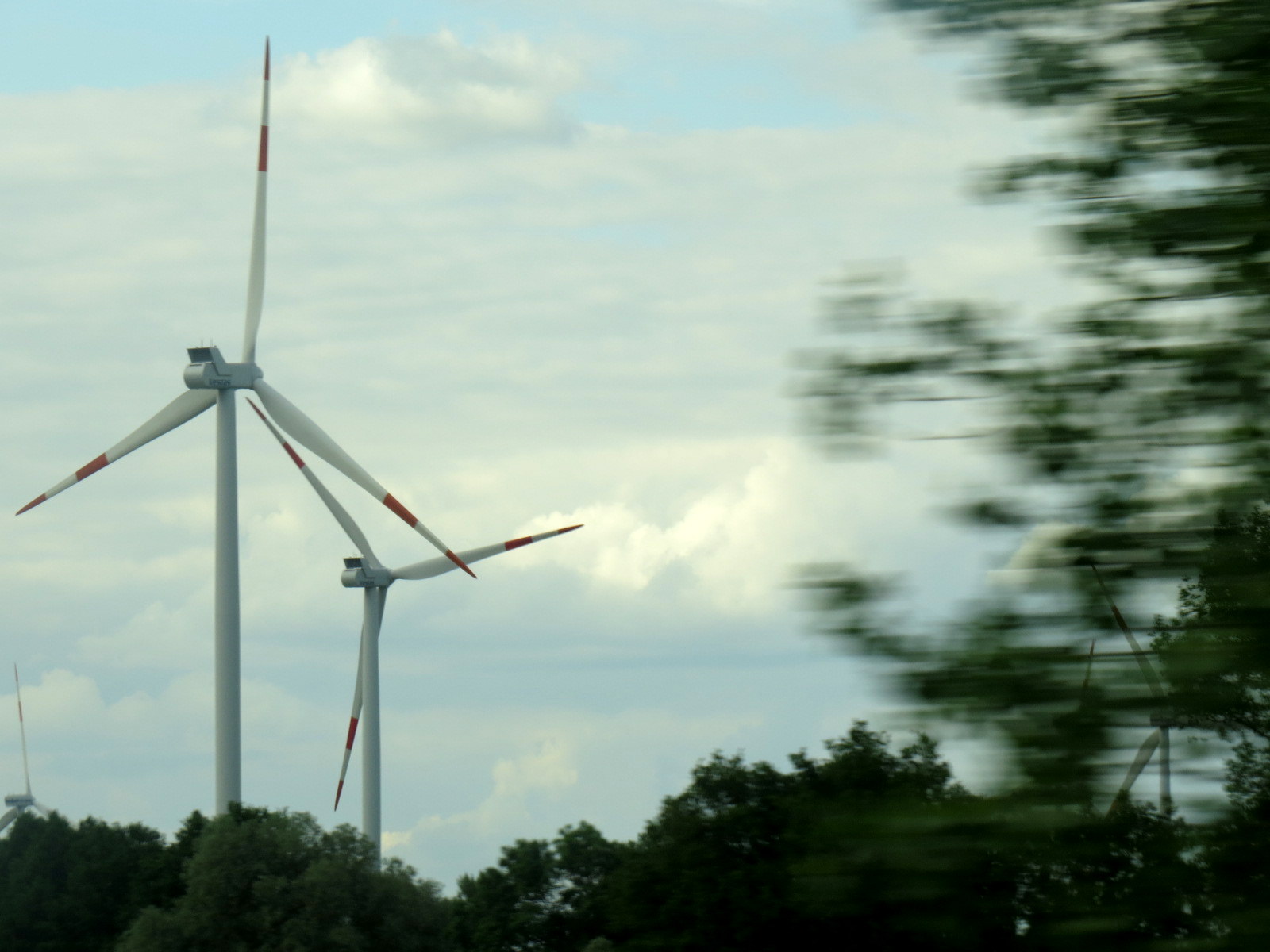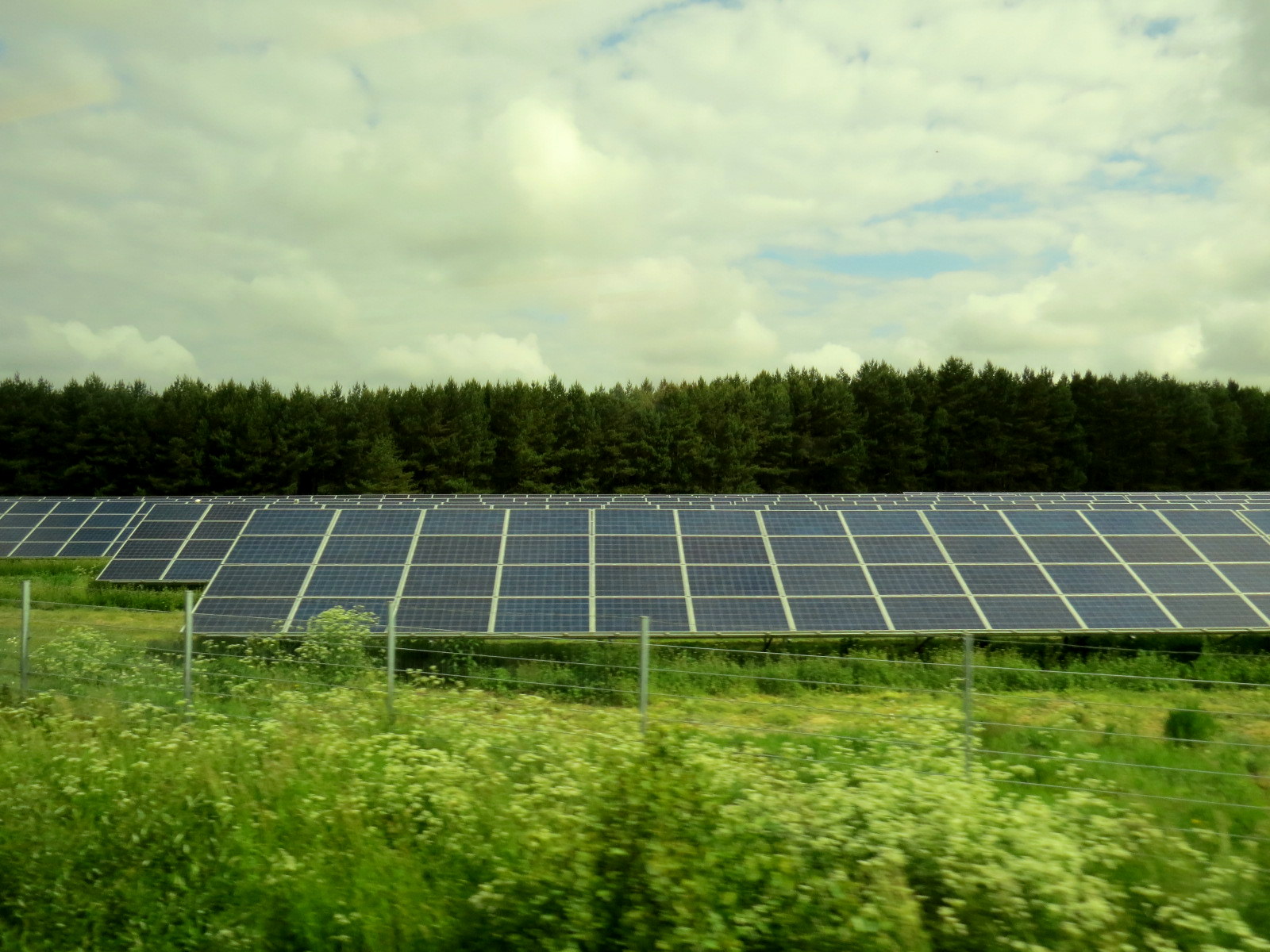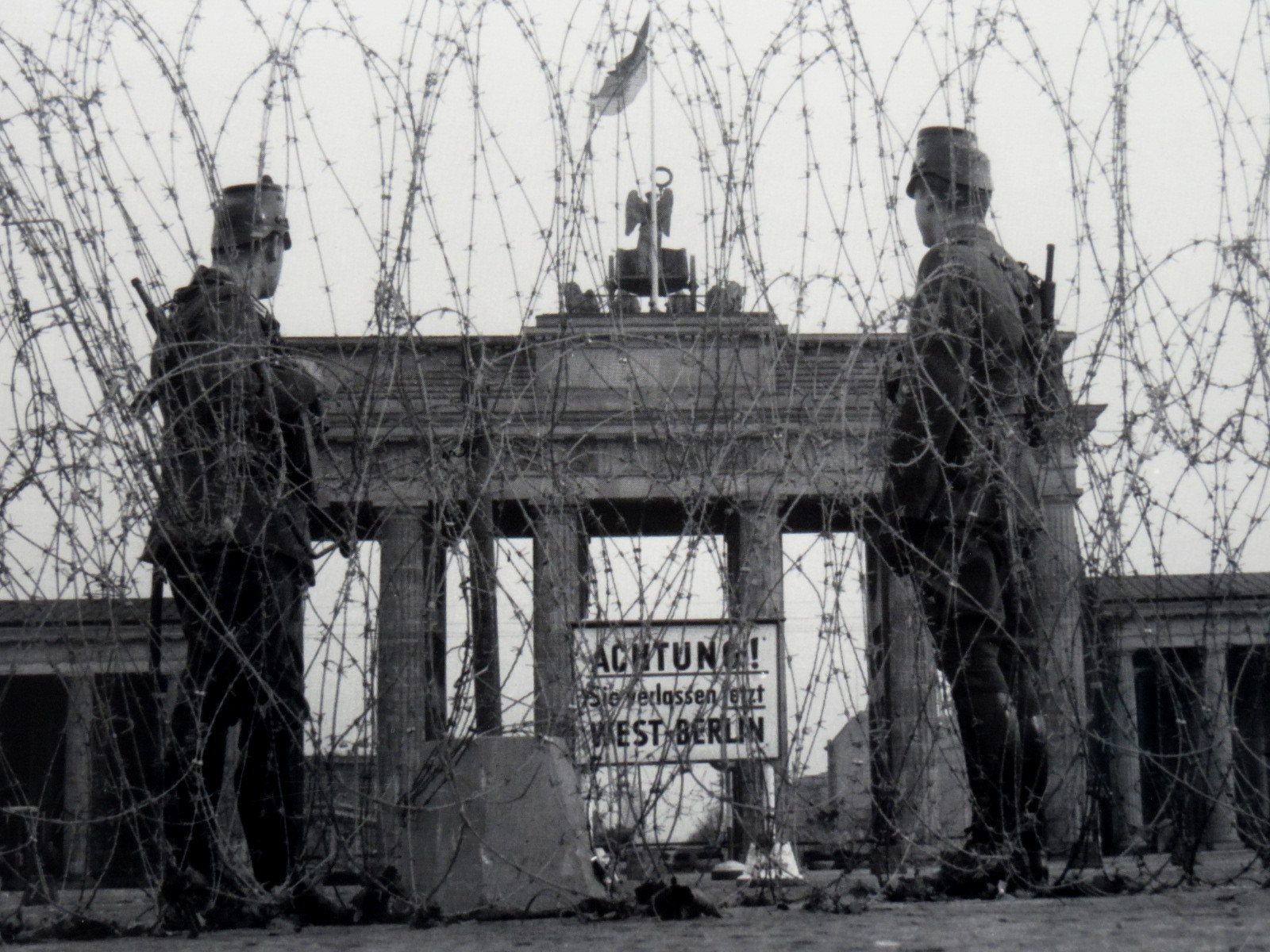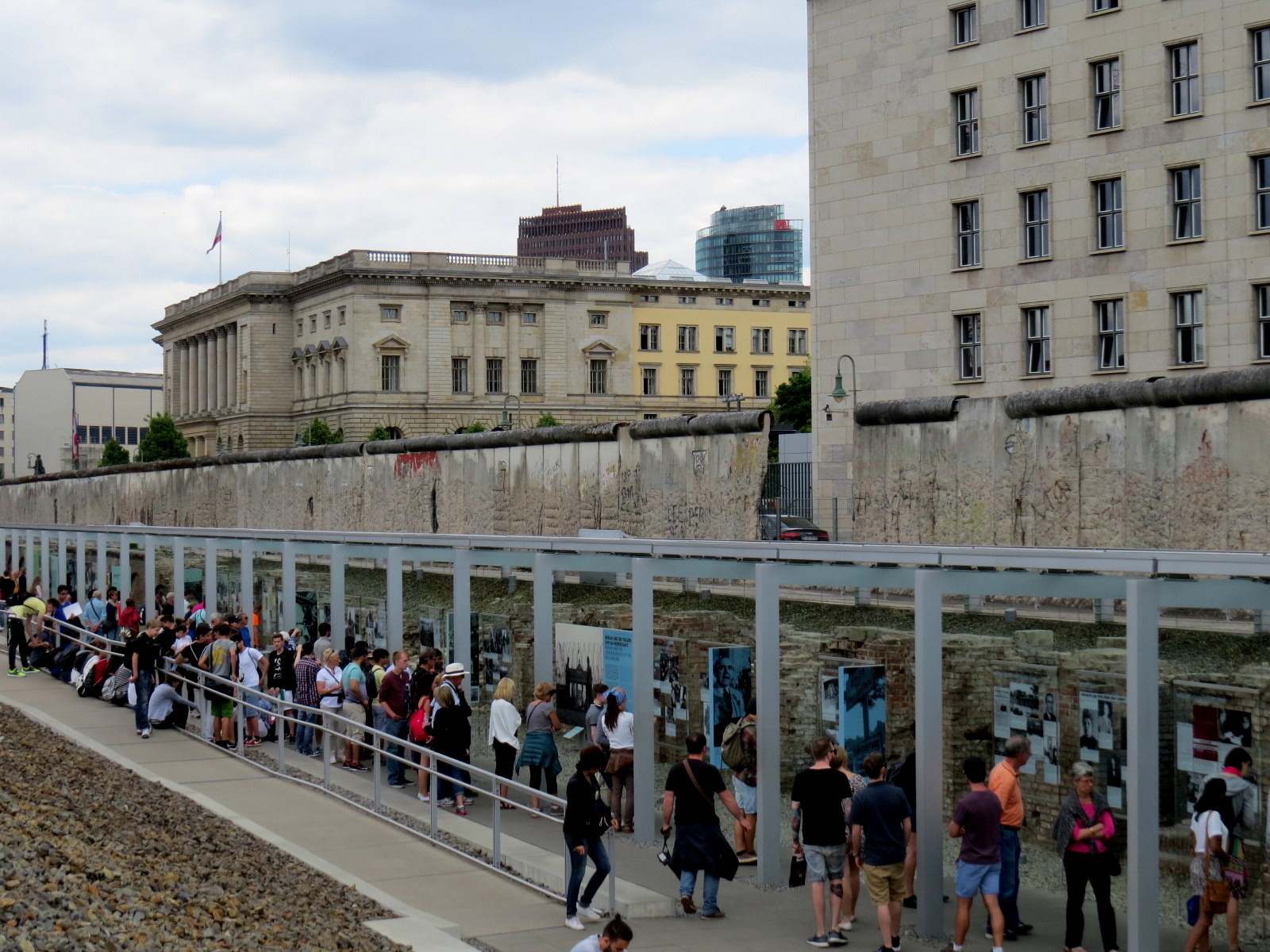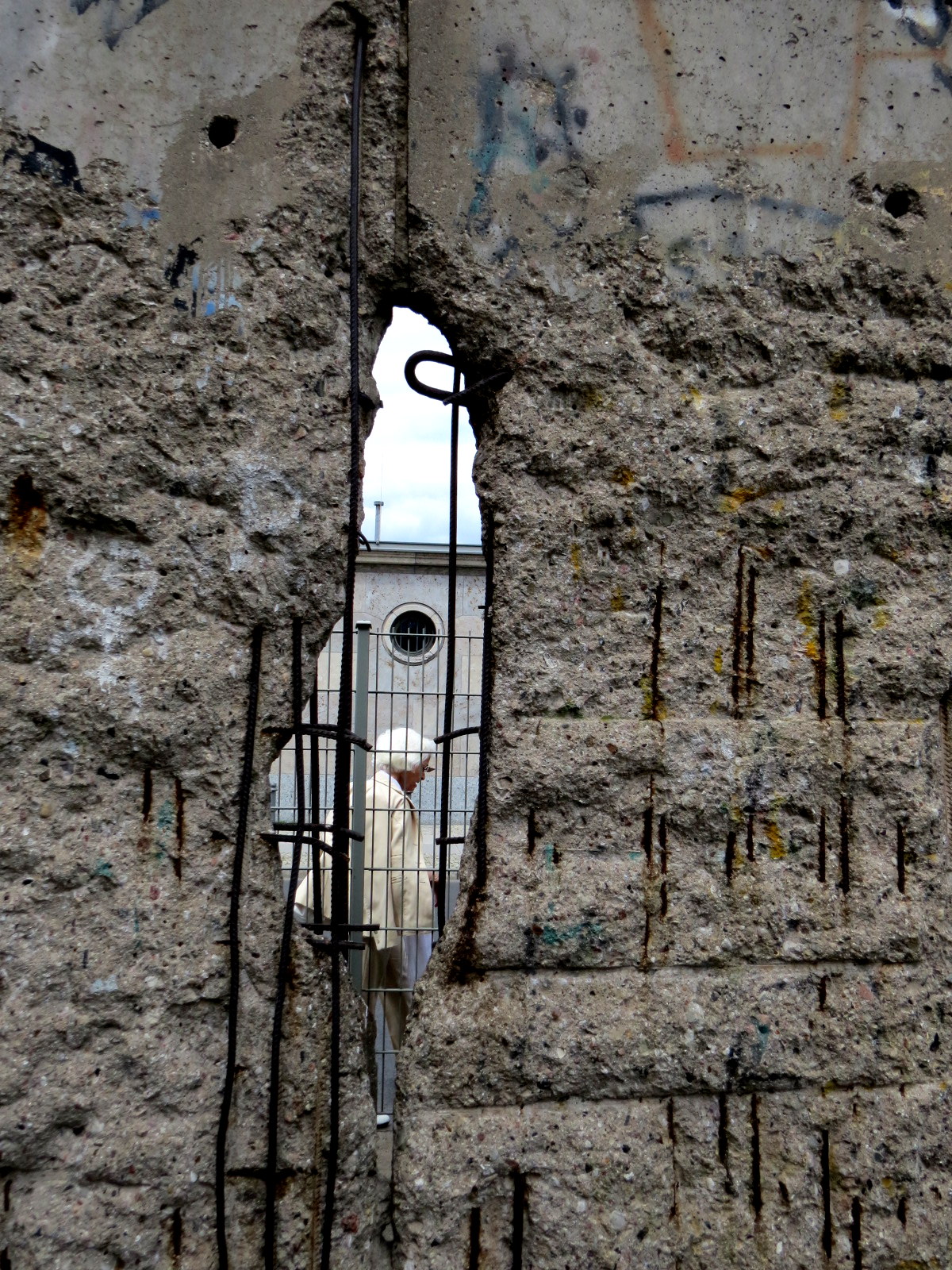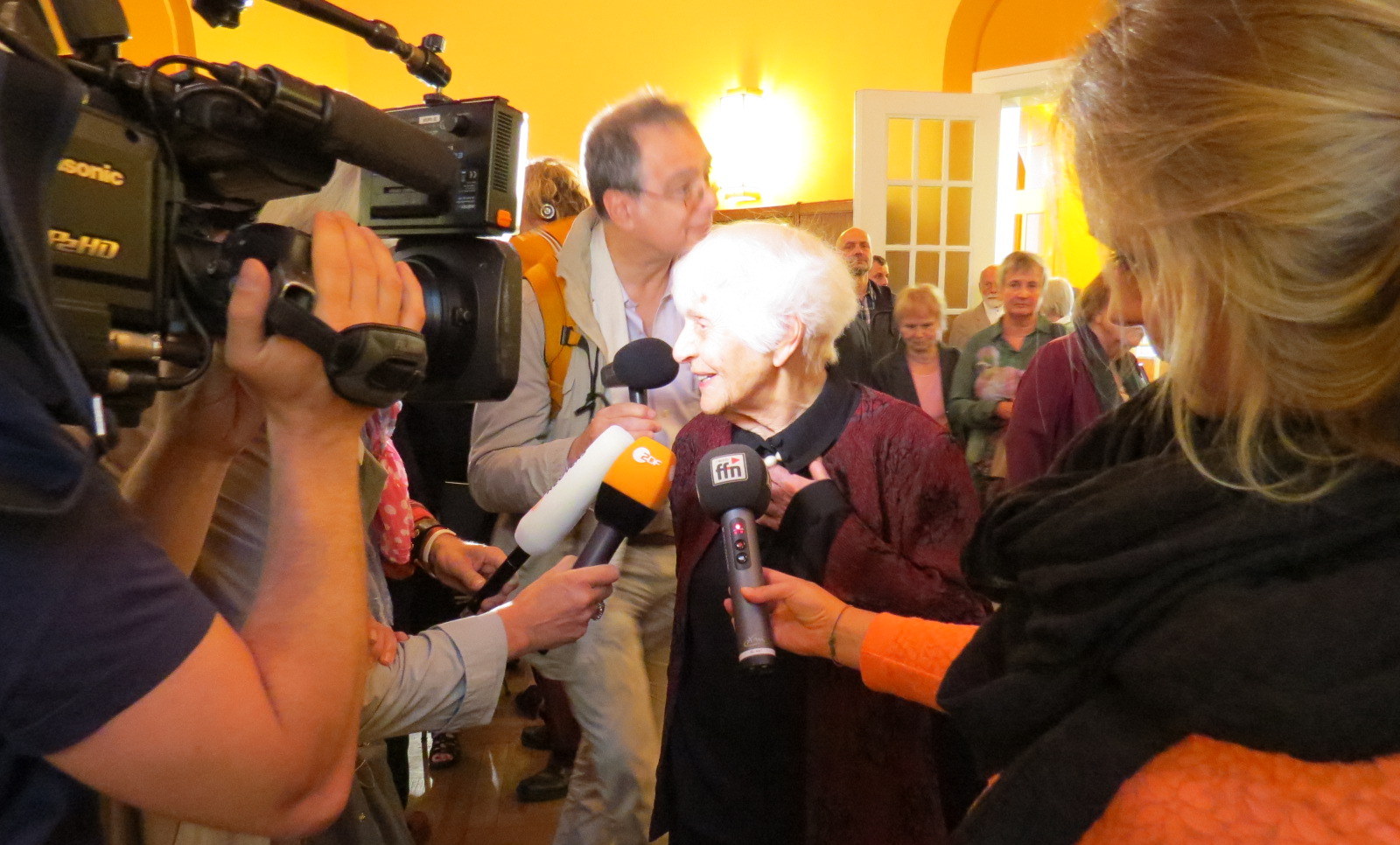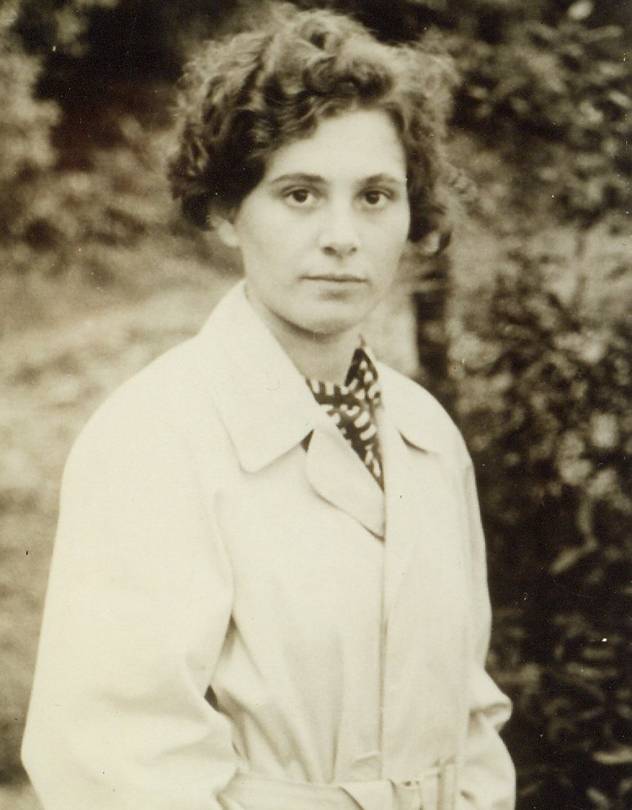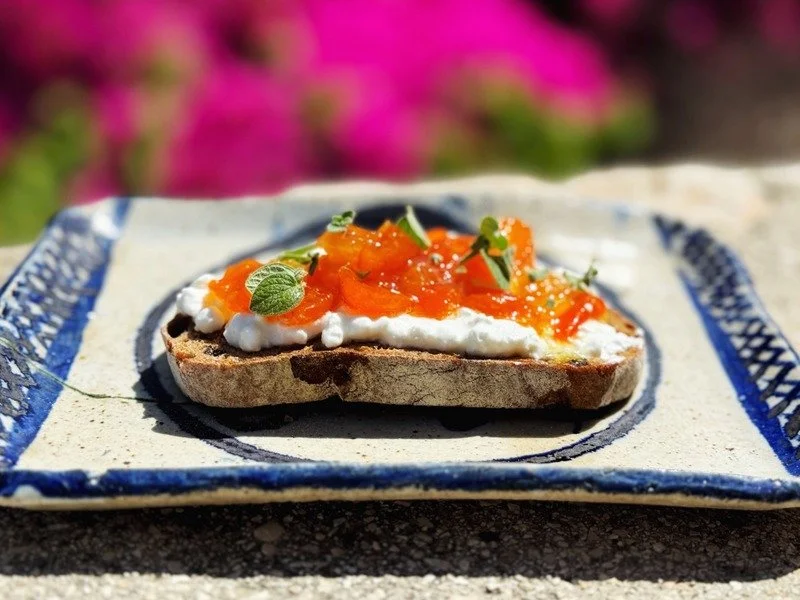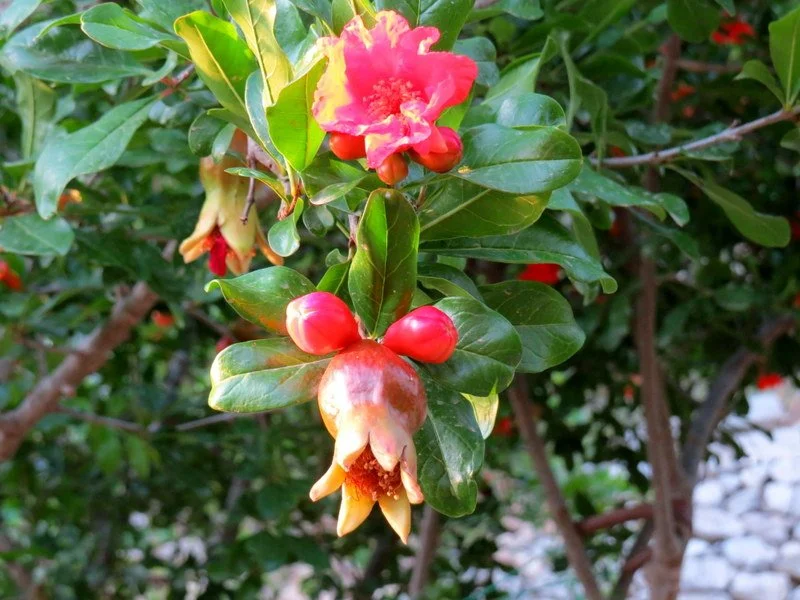Berlin
No cooking this week because I’ve been in Berlin on a story. There was barely time for eating!
Dr Inge Rapoport
I've been reporting on the remarkable Dr Ingeborg Syllm-Rapoport, who was this week awarded the degree denied her by the Nazis when she was studying medicine in the 1930’s. And aged 102 (!) she did an oral examination to defend the thesis which she originally completed in Germany in 1937.
Dr Inge Rapoport, as she is known to everyone, is a grandmother – in fact, great grandmother – doctor, professor and the first Neo-natologist in Germany; her list of awards and achievements is extraordinary. She escaped to the US in 1938, and re-qualified as a doctor there. She loved the US, but left with her new husband in the 1950's, on a journey that saw her reluctantly return to Germany – East Germany this time.
At 102, Dr Rapoport is still sharp as a tack. She's also gracious, interesting, fascinating actually, and her life story seems to roll all the big historic strands of the 20th century into one family. Nazism. Communism. Migration. And a major motion picture love story.
I will write more about her after I complete the radio documentary I am making about her.
Berlin
Berlin in June is lovely, grand, green and orderly – alles in ordnung.
I've been 3 or 4 times. When I was a student, and it was still a divided city. In the early 90s when it was newly reunited and again now. What struck me this time was what a remarkable job they've done of erasing the line between East and West. Some buildings on the old seam line still need to be refurbished, but mostly you have to consult a map to figure out where the Berlin Wall stood.
They've kept some of the old names eg Karl Marx Allee. Where in Australia you sometimes see men and women with buckets at traffic lights, offering to wash your car window while the light's red, here there were circus performers doing gymnastics at the crossings on the vast streets, wide enough for tanks. No tanks any more, instead there are bicycles everywhere – and cigarettes too. But there wasn't much traffic, the trains and trams ran on time, and the city didn't seem over-stressed.
(Am throwing in a mirror 'selfie' on Axel Springer street, in a new building on the old seam line.)
Food
I was working too much for a proper foodie tour, but I did notice street food, and was especially impressed to see herring rolls at the train station. Can you tell Matjes are my favourite? Delicious, by the way.
I didn't have a really great cup of coffee anywhere, but there was lots of "bio", as they call organic in Germany, and it was the season for fabulous strawberries and tasty white asparagus, available from street stalls across the city. (Time magazine says strawberries taste better in June than at any other time, but I think berries are always at their best when grown in a cold climate! The berries in Russia, now ... )
I didn't buy any asparagus, because I had no way to cook them, but a stall holder snapped one in half for me and said to try it raw. It was light and flavourful and like no other asparagus I've ever tasted. Amazing.
GLUTEN FREE
I was surprised how few bakeries there were that bake their own bread (or apple strudel). It's all sourced somewhere else, and delivered to them on the morning, partially baked, for a final heat up. One exception was the new gluten free JUTE bakery, in Prenzlauer Berg, in the former East Berlin.
I had the vegan roll - very tasty - and chatted to their American sales manager. Danielle Mancini was an academic in the US before relocating to Berlin 3 years ago. She says she's living the dream.
"Moving here is the best decision I've ever made. I've calmed right down since I've left Boston," she says. "Berlin is good for my circulatory system."
The woman serving front of counter is German, but not a Berliner, and she's also happy she moved here.
"In Berlin I am free. You can be whoever you want, you can be 40 and act 20, or the other way, and no one will comment."
Maybe there's something in the water here, or is it their dough?
It helps that Berlin is also relatively inexpensive, with a City Hall commitment to keeping rents stable, and making sure the city centre remains liveable - including for artists. Sydney take note!
Green
The city is green – apparently one of the greenest capitals in the world - and green. Germany has invested heavily in moving from fossil fuels and nuclear power to renewable energy. They don’t have much coal, and the scale of the Fukushima nuclear disaster in Japan put them off the nuclear option...
Germany now produces more than a quarter of its power from renewables. On sunny days – not as plentiful in Germany as Australia – half the country's energy demand is met by solar power. I caught the train from Berlin to Hamburg and the route was lined with solar panels and wind farms. (Not everyone finds them offensive, Mr Abbott!)
Germany has worked gradually to make a radical shift, which has been good for their economy as well as the environment. By 2050 they will be providing 80% of their energy from renewables. Remarkable.
history
You can't escape from history in Berlin. It confronts you at every turn. The Nazi era. The Communist era. And both together at the Topography of Terror, a cross between a memorial and an outdoor museum, beneath an old section of the Berlin Wall, which they've left intact as a reminder. It's just down from Checkpoint Charlie, the main crossing point when the city was divided, and East Germans were forbidden to leave.
This outdoor museum is about a kilometre away from the Jewish Museum designed by Daniel Liebeskind, which deserves every accolade it's received. You can spend a long sobering afternoon seeing both places.
last word
At her award ceremony at the Hamburg medical school this week, Dr Inge Rapoport said she was accepting her doctorate, 77 years late, on behalf of all her colleagues whose careers were blighted, or their lives ended by the Nazis' persecution of the Jews.
"It's not for me personally, I don't need another degree. It's restitution."
Inge Rapoport is one of the few people still alive who experienced the Nazi era in Germany as an adult. We are lucky that she is so acute, energetic and retains her grasp of the big picture. It was a privilege to meet her.



